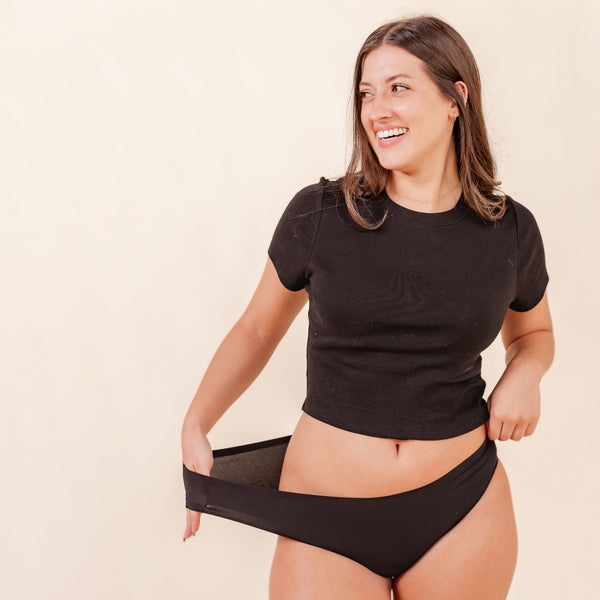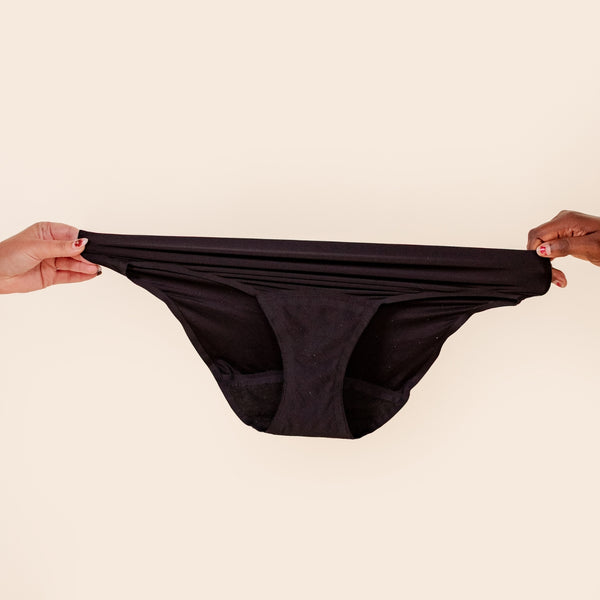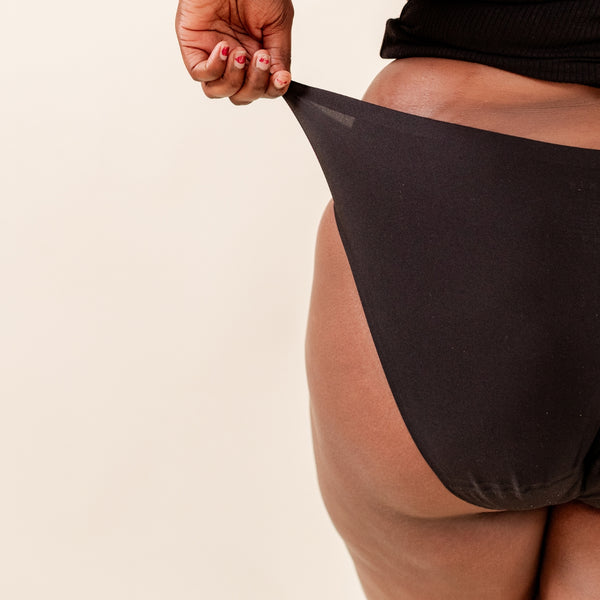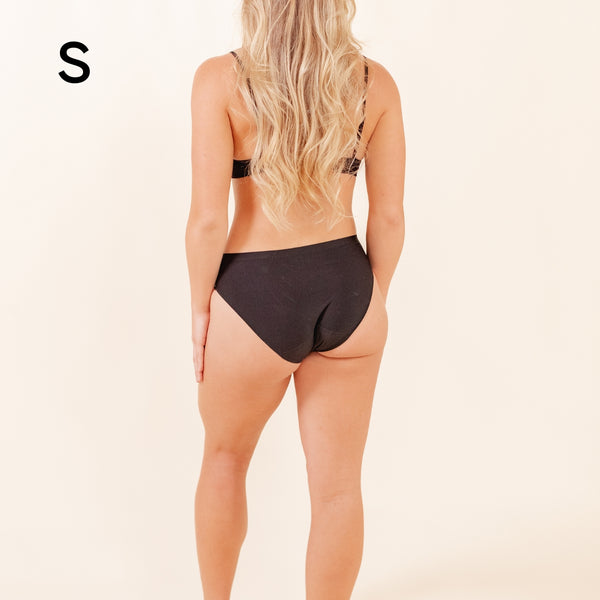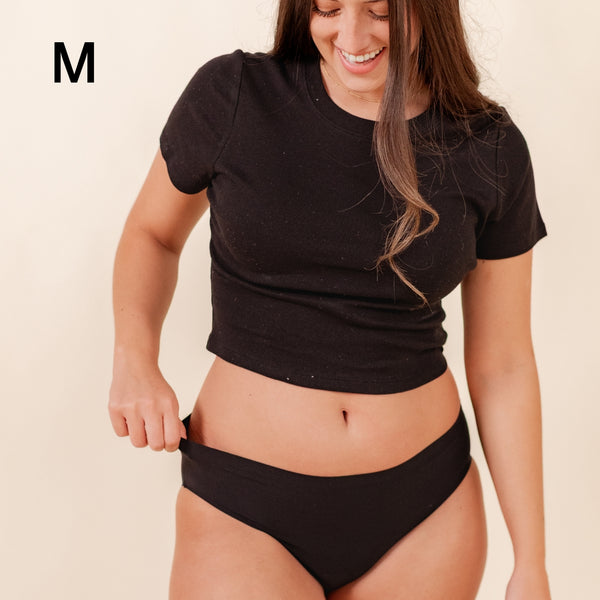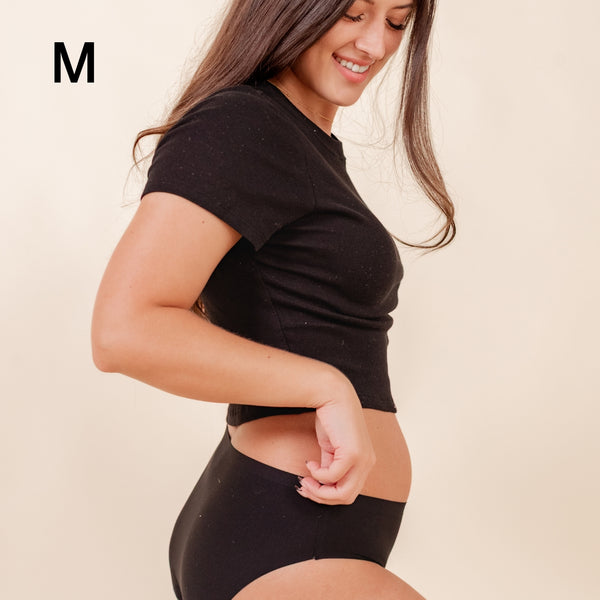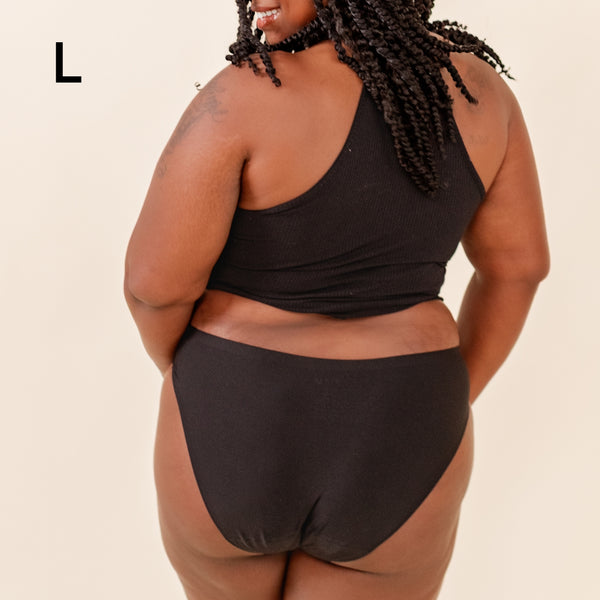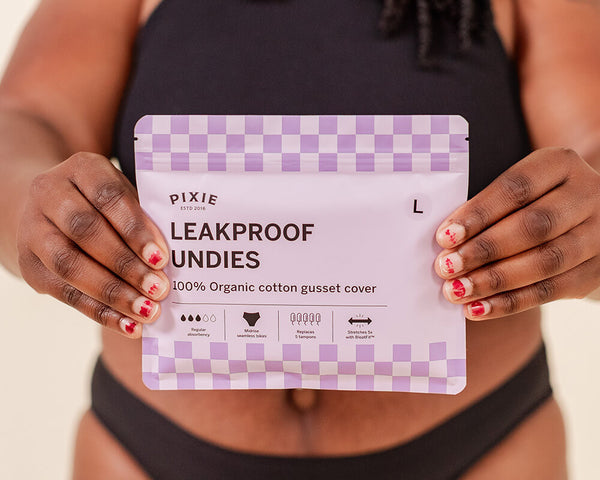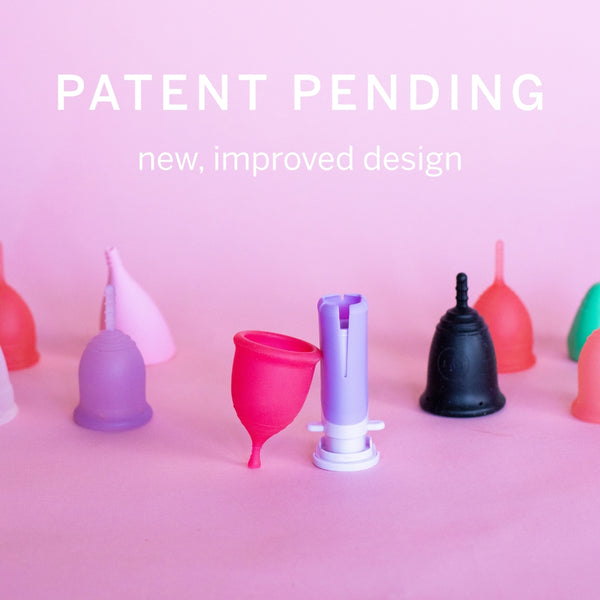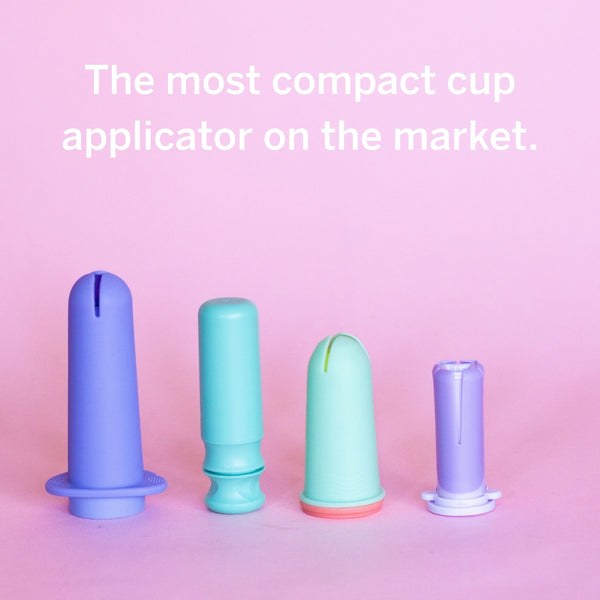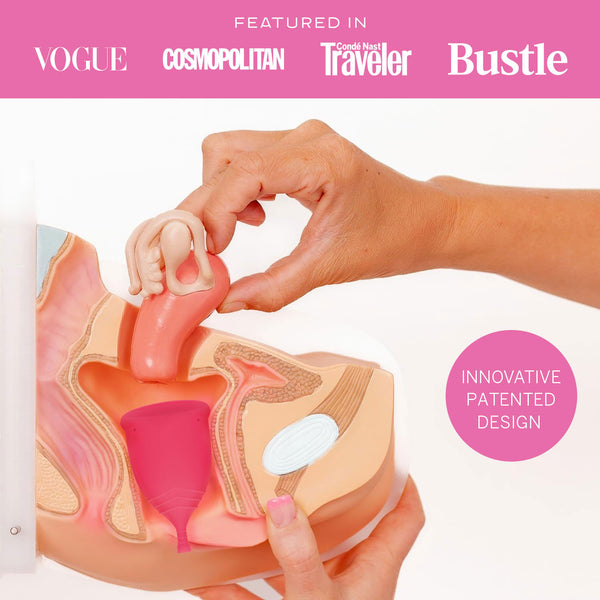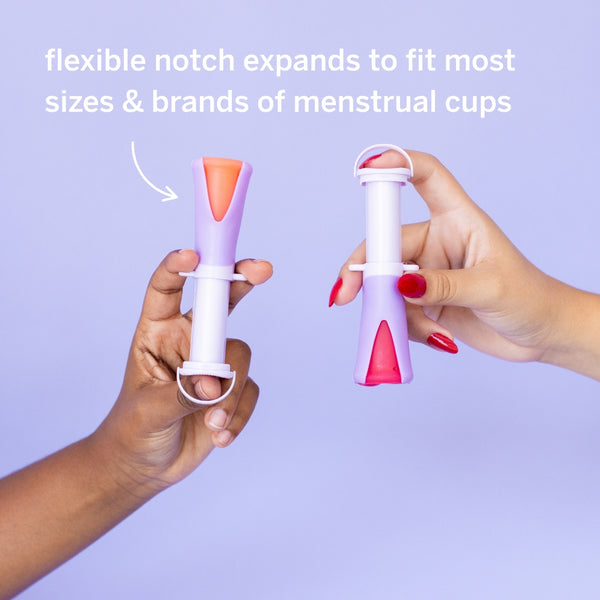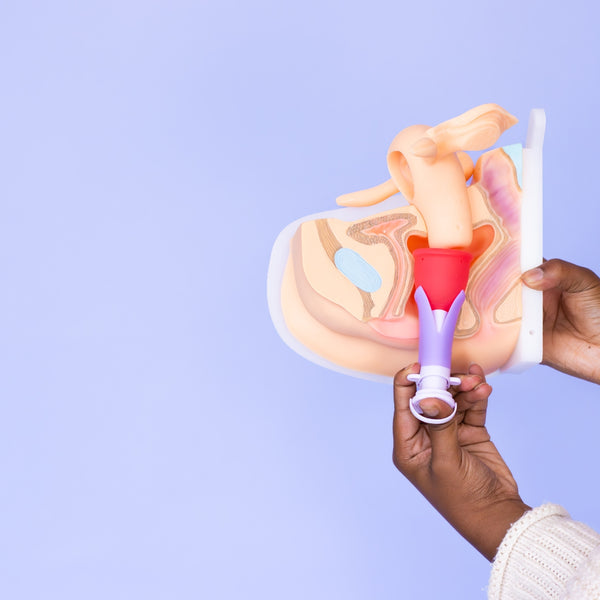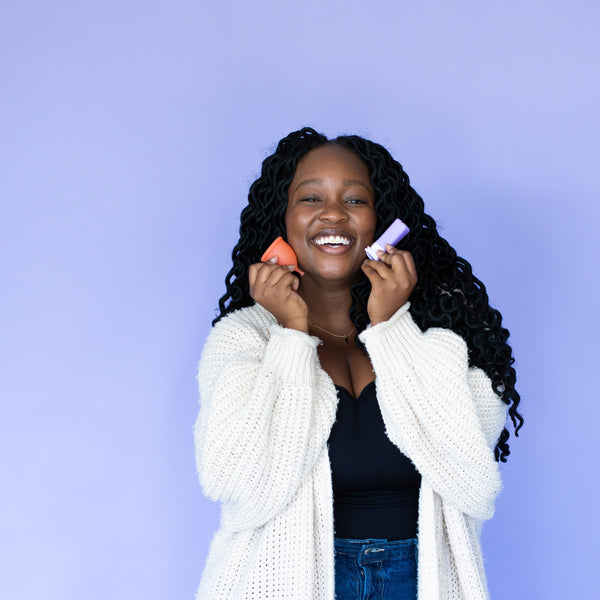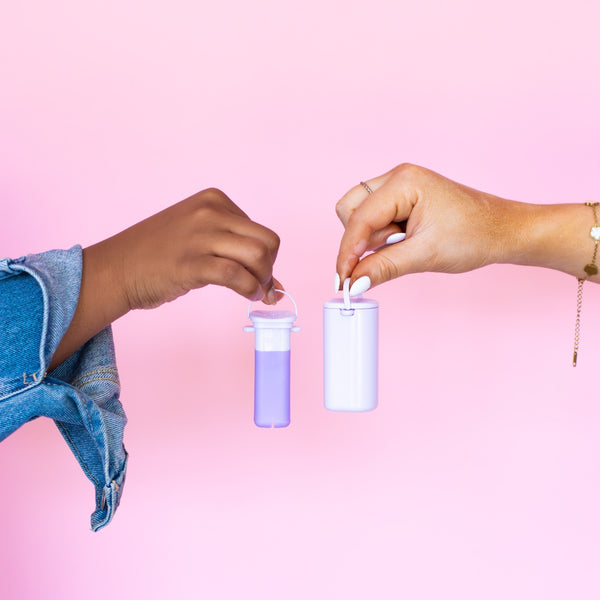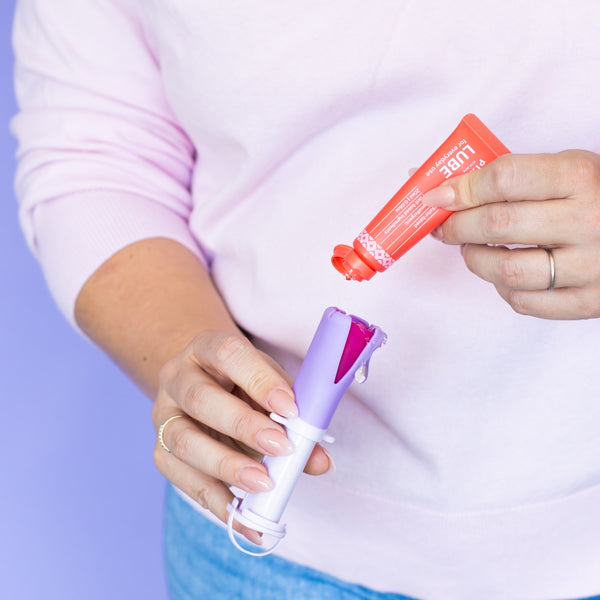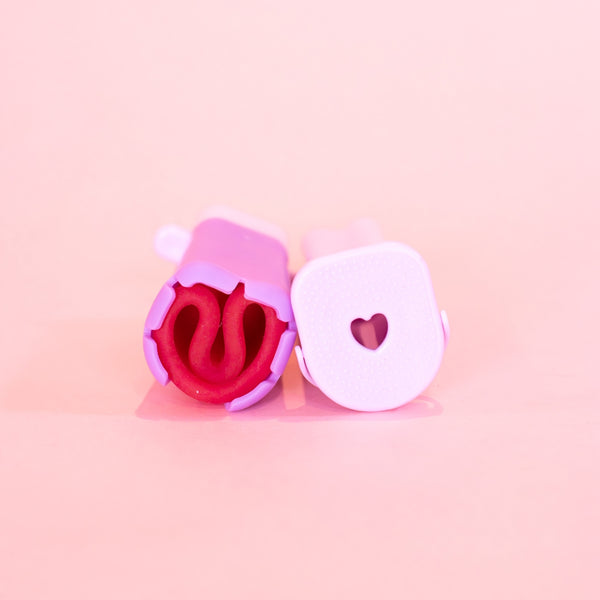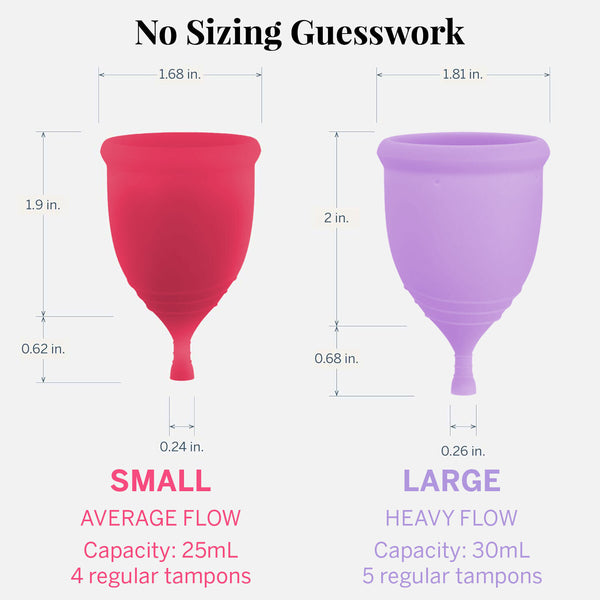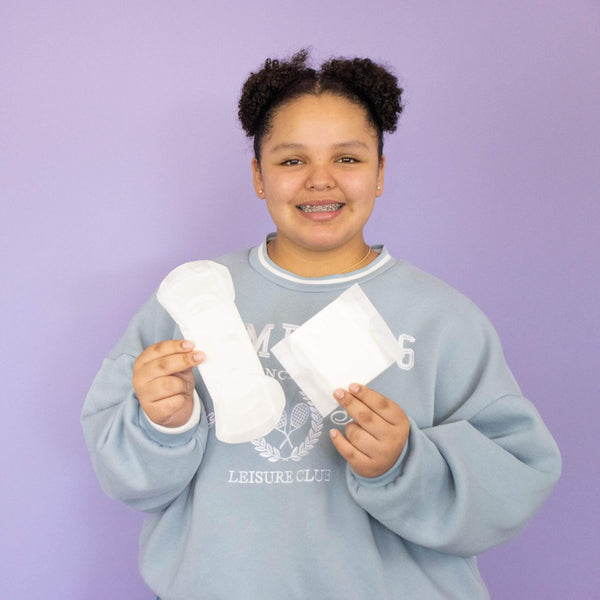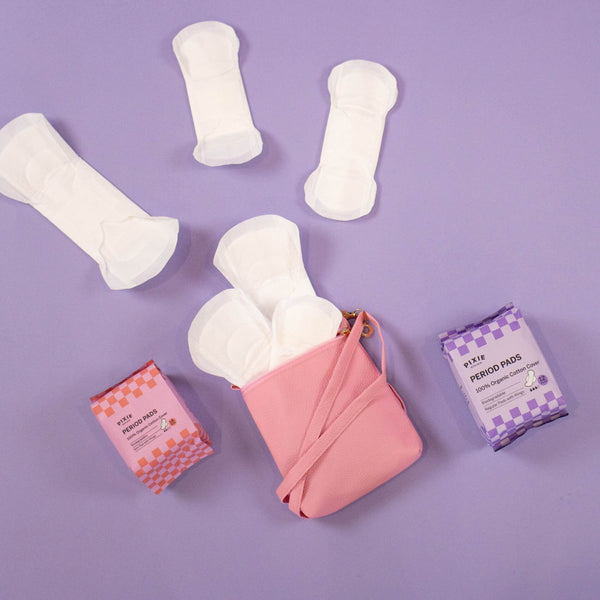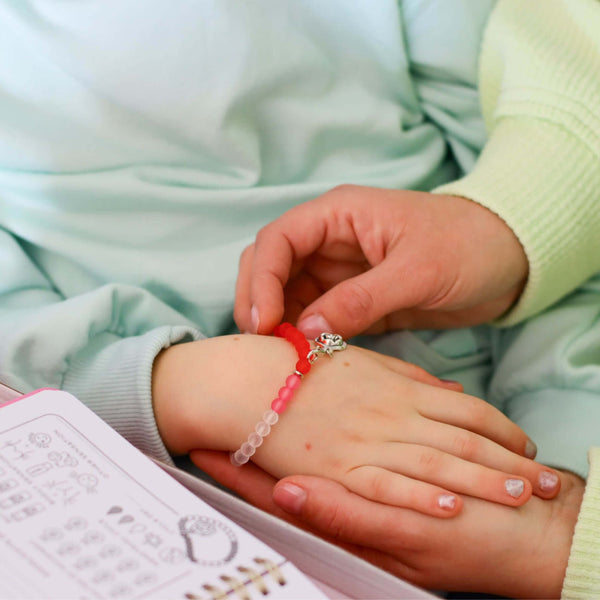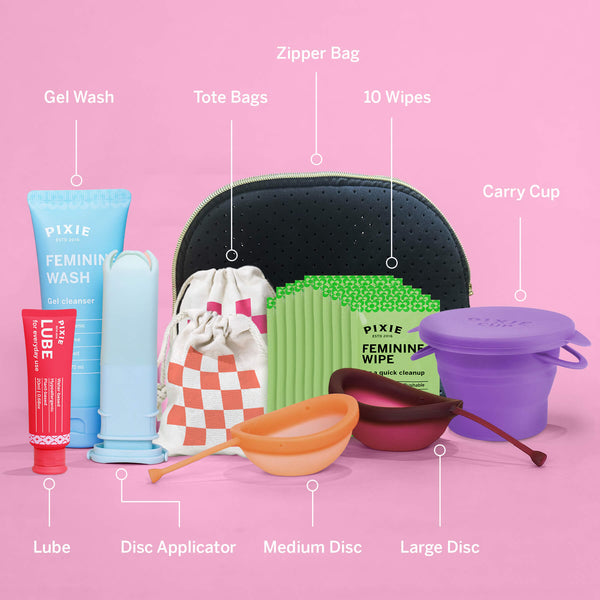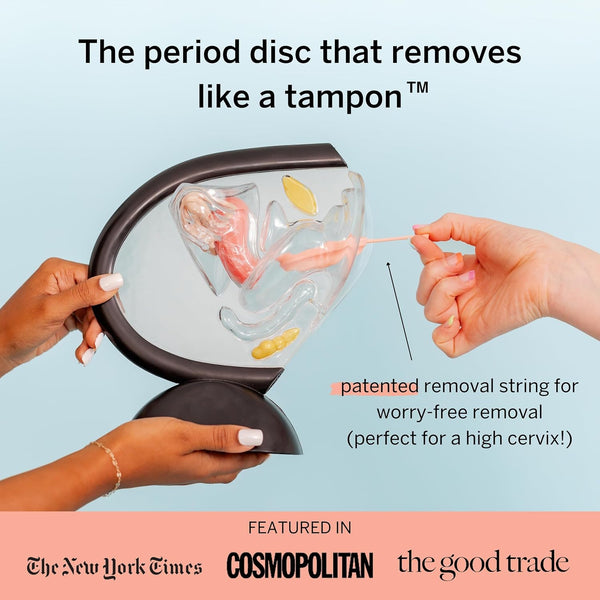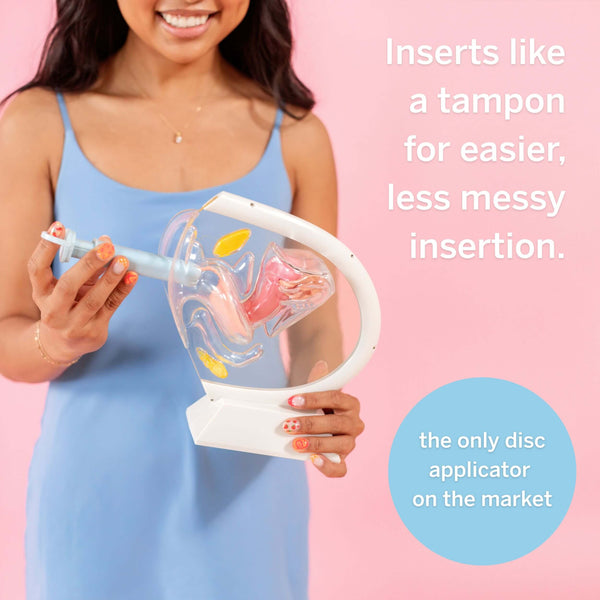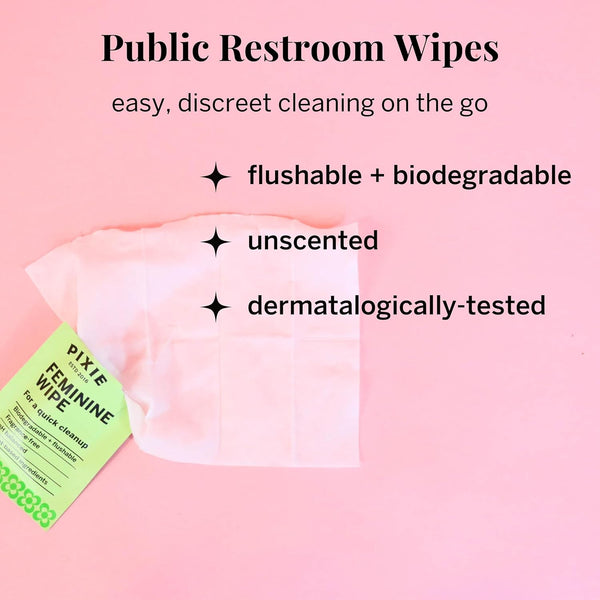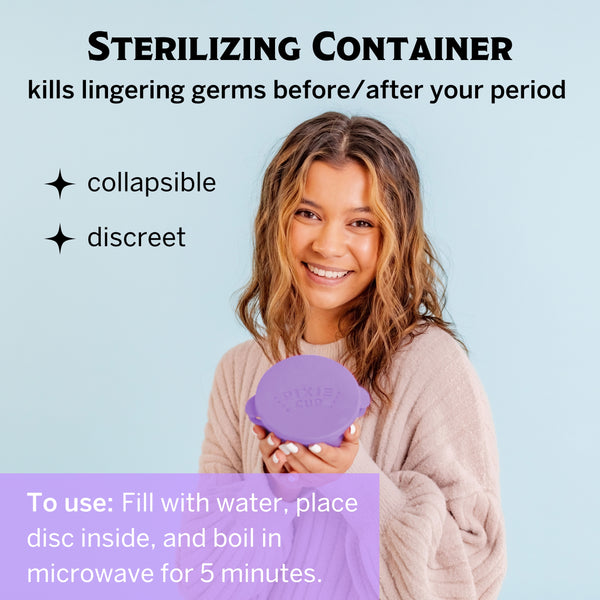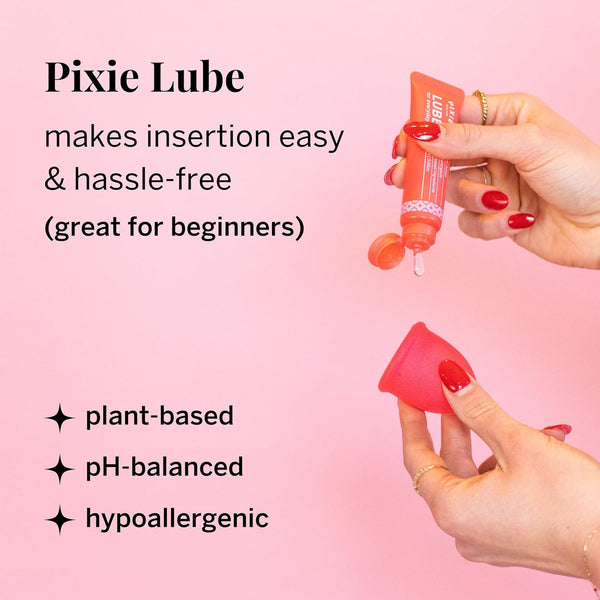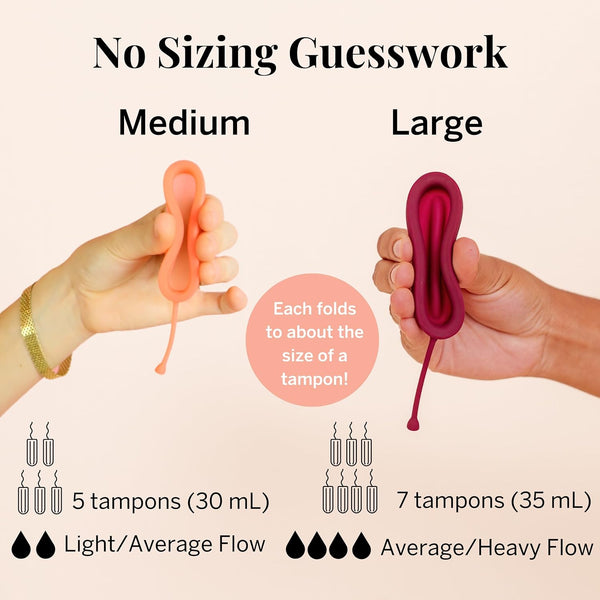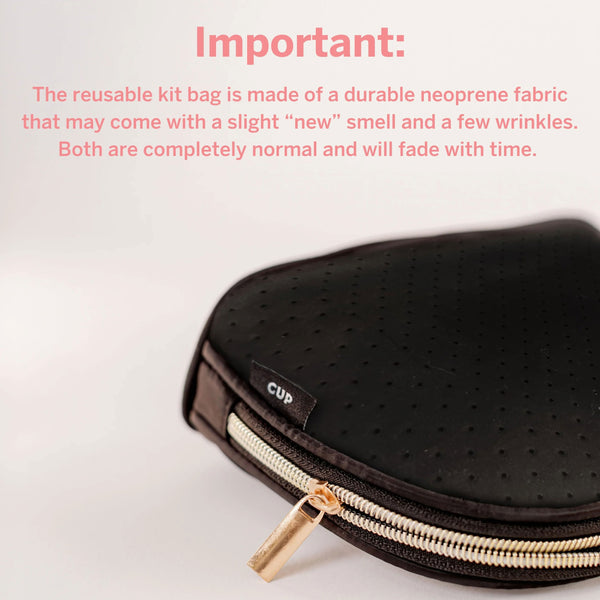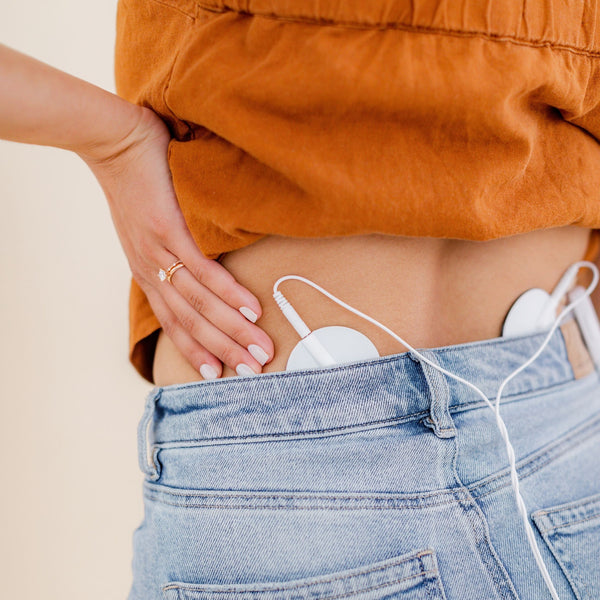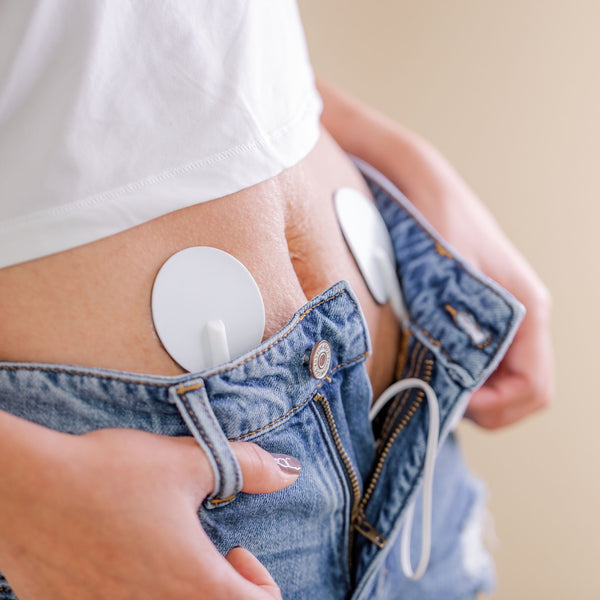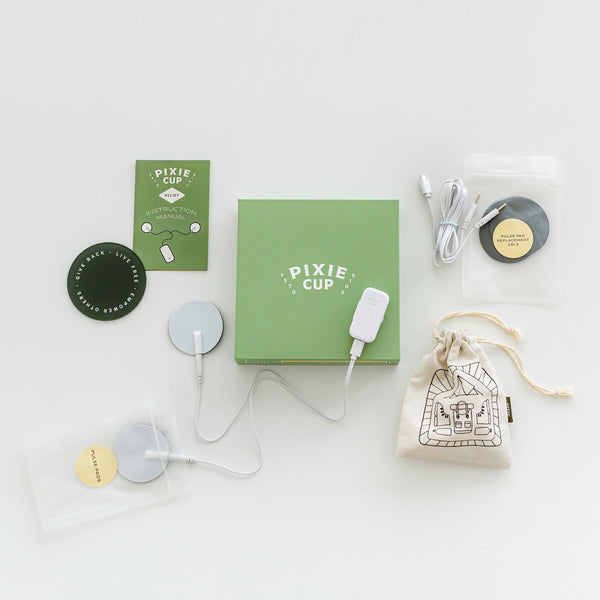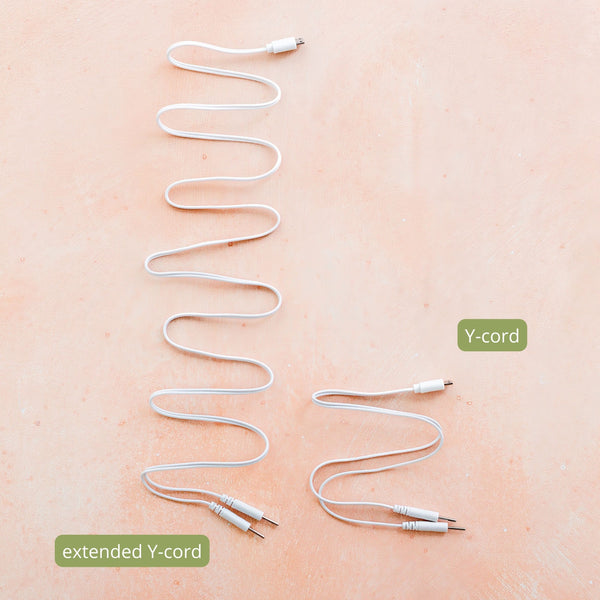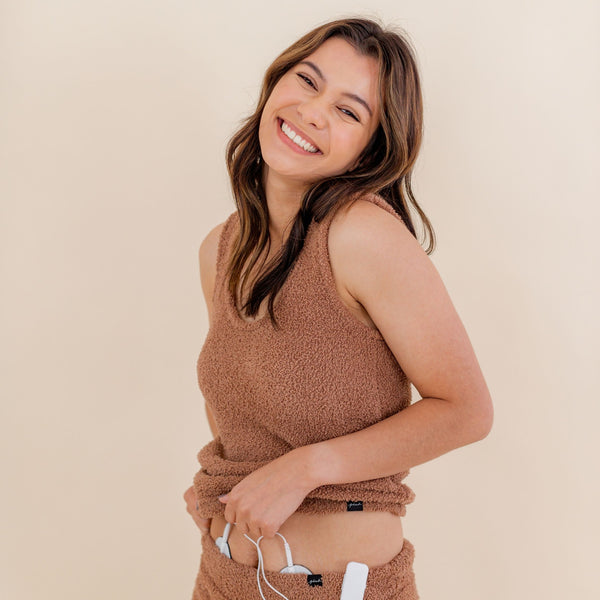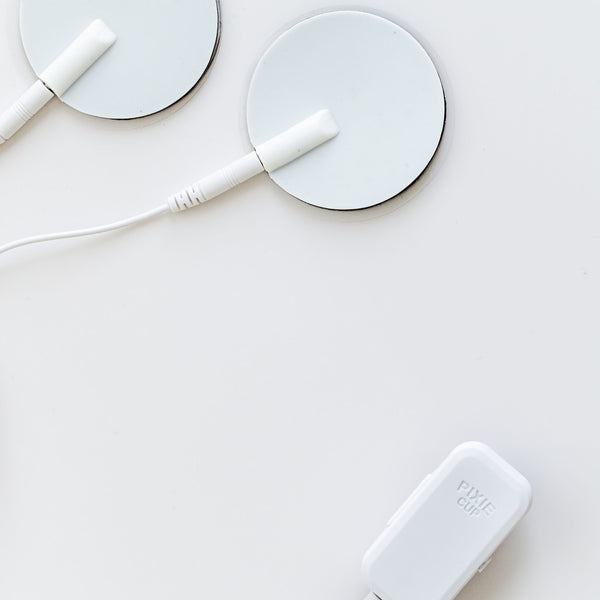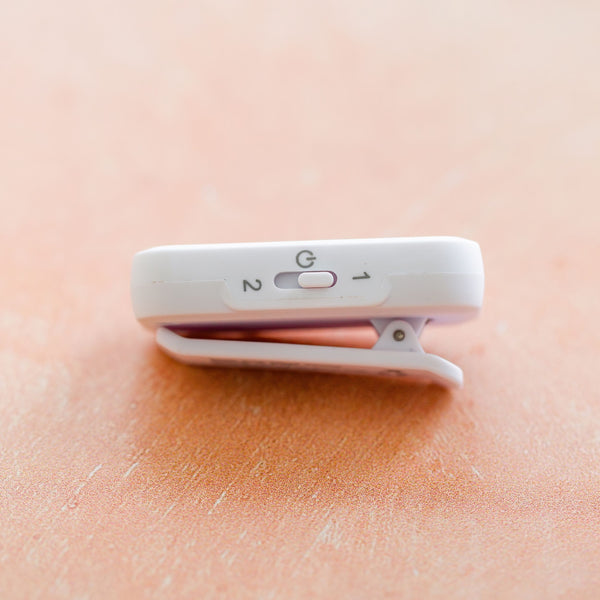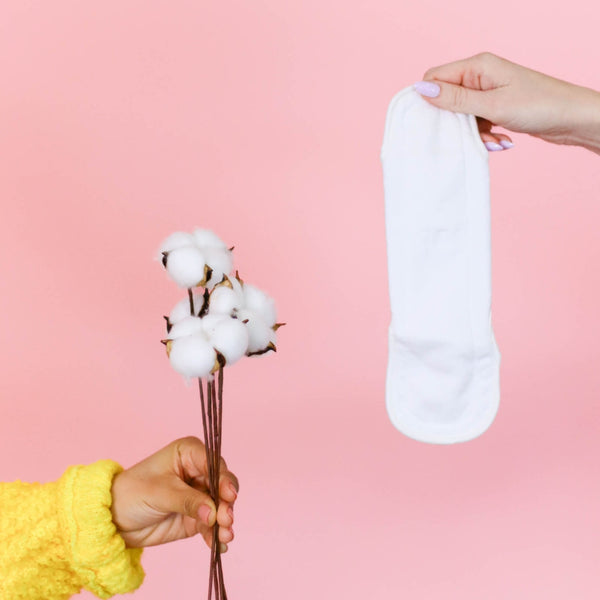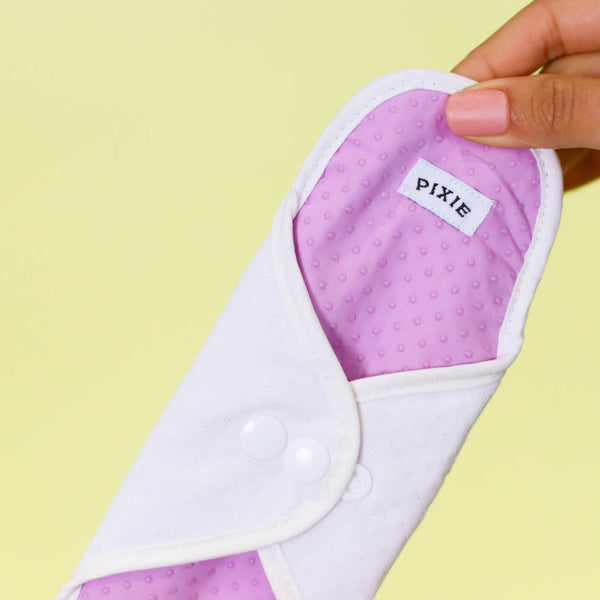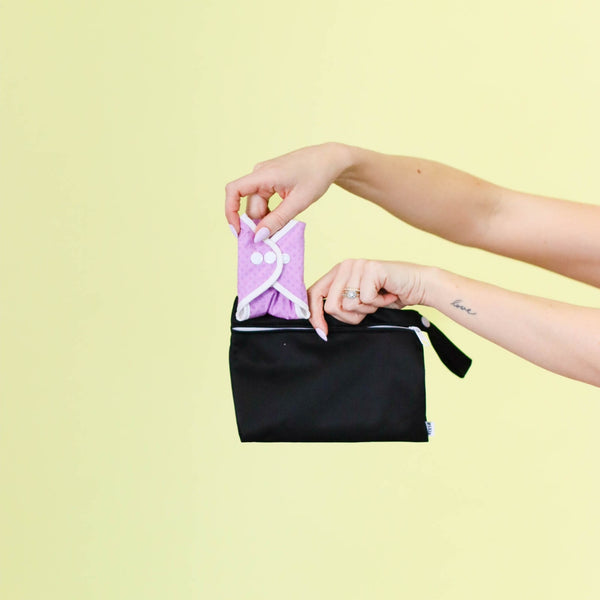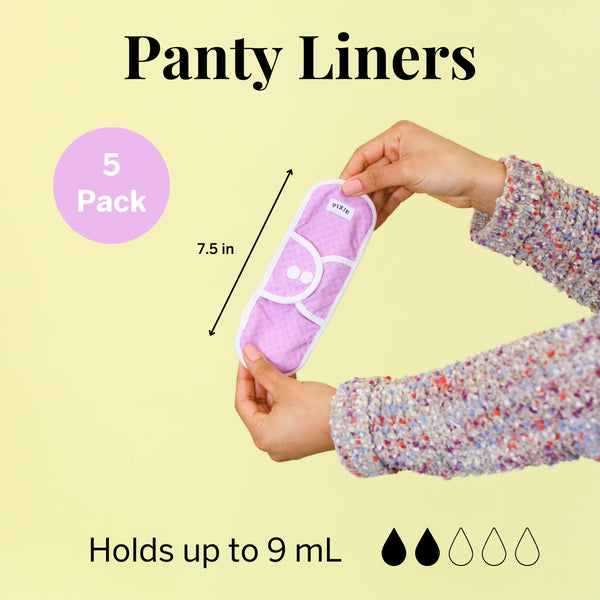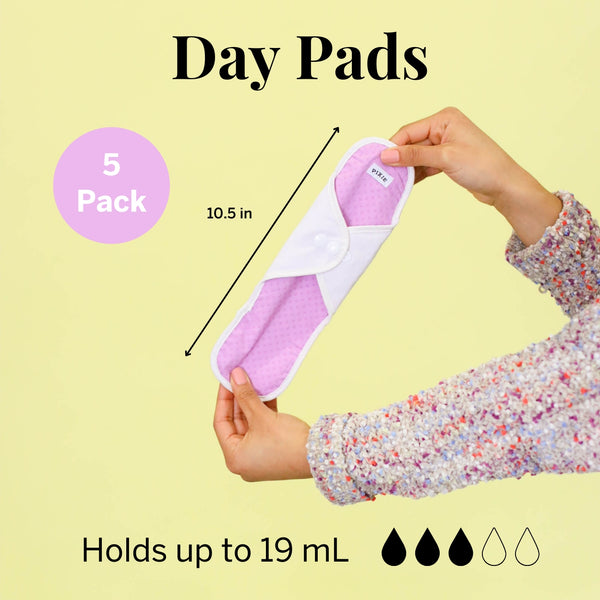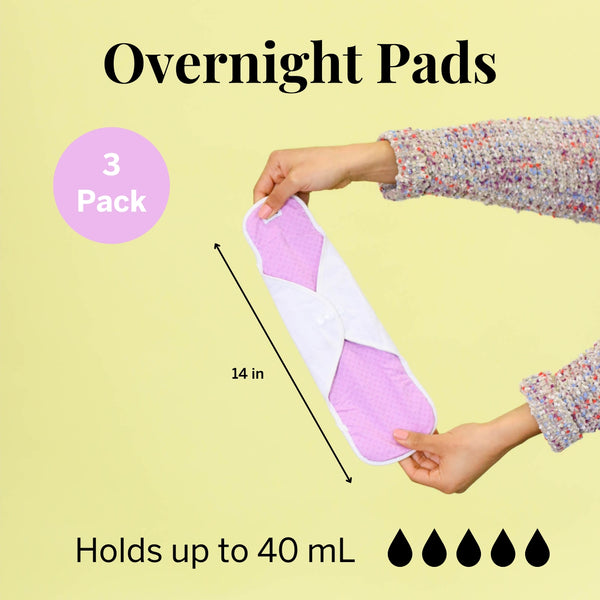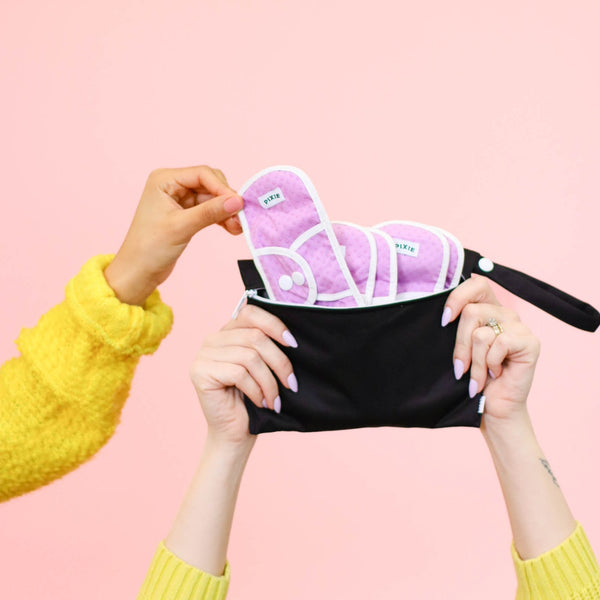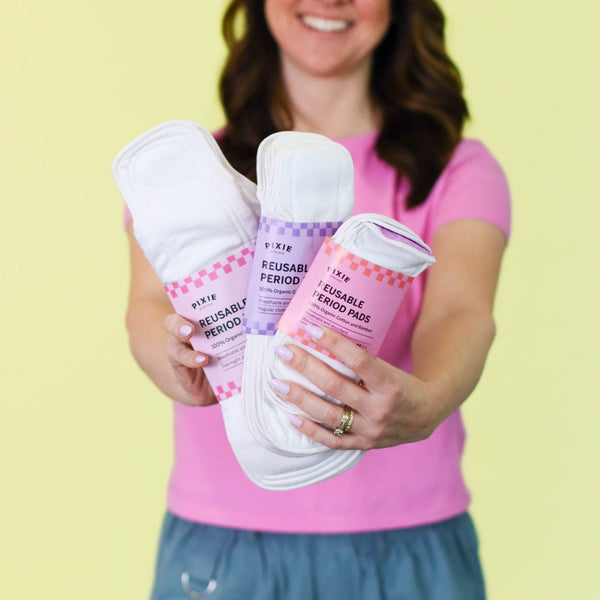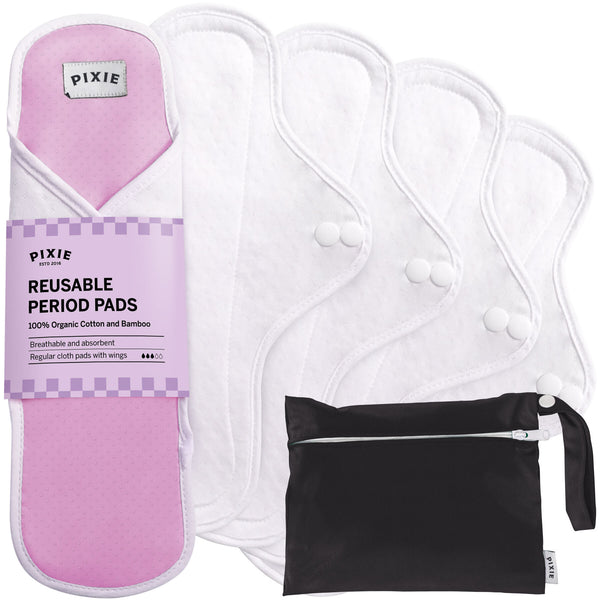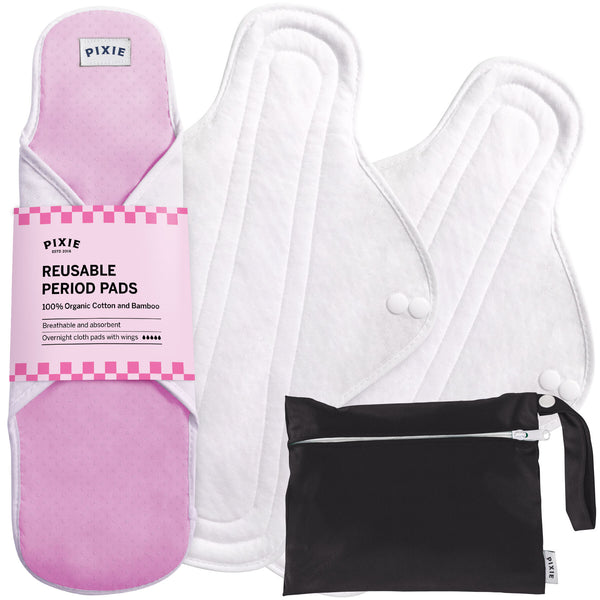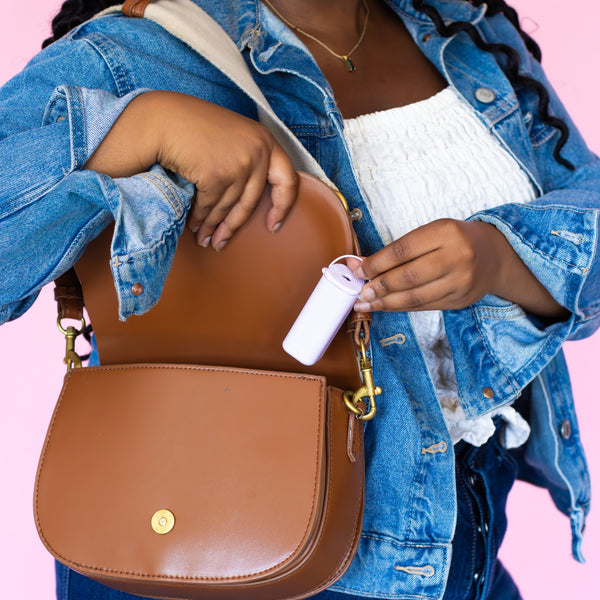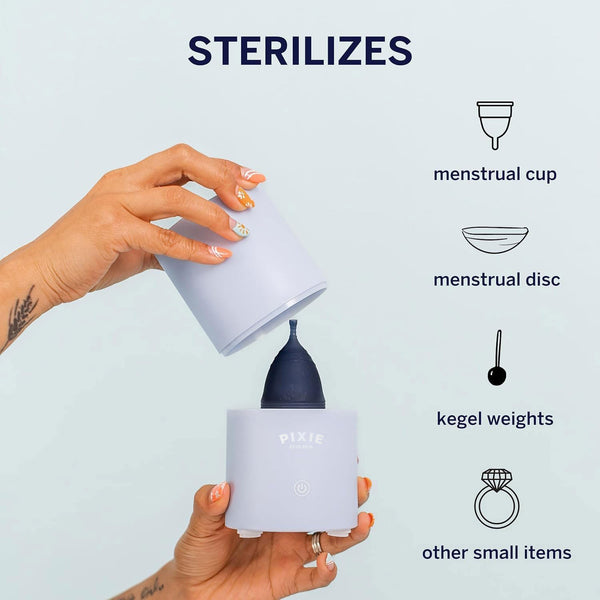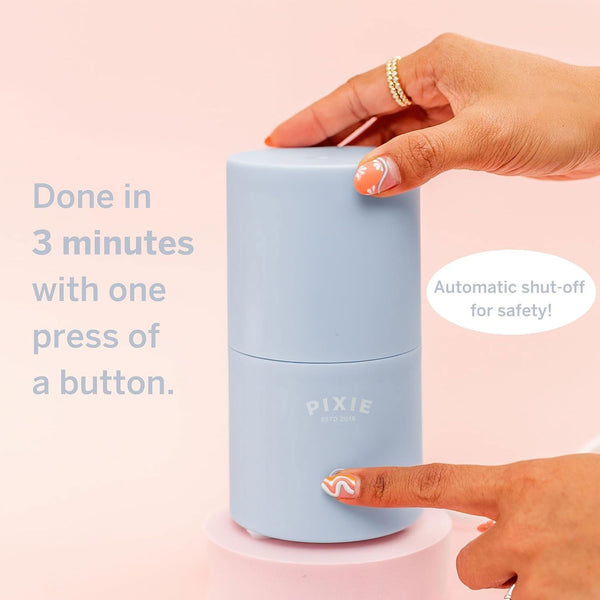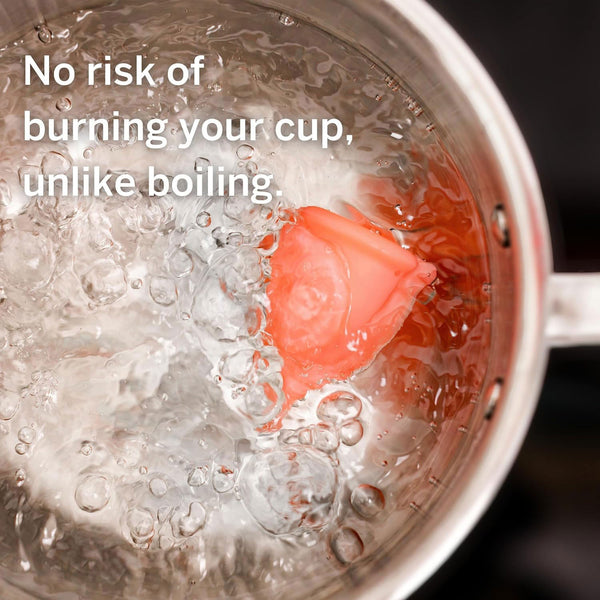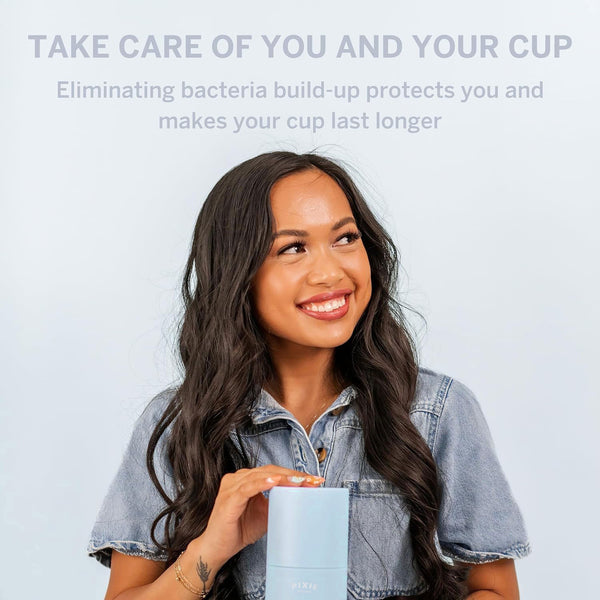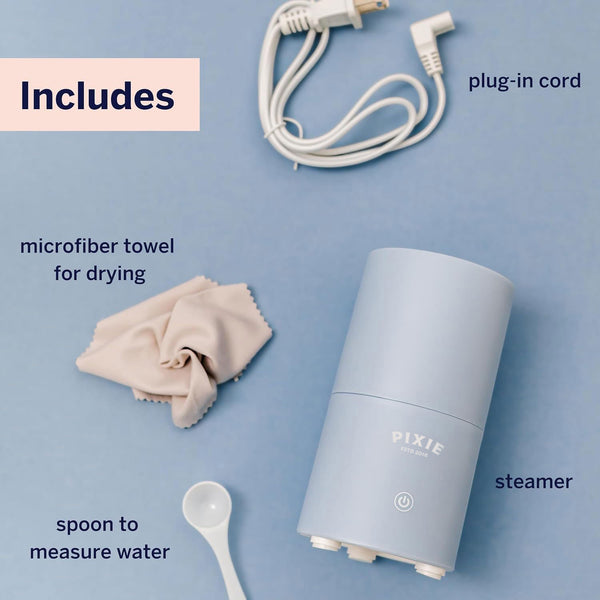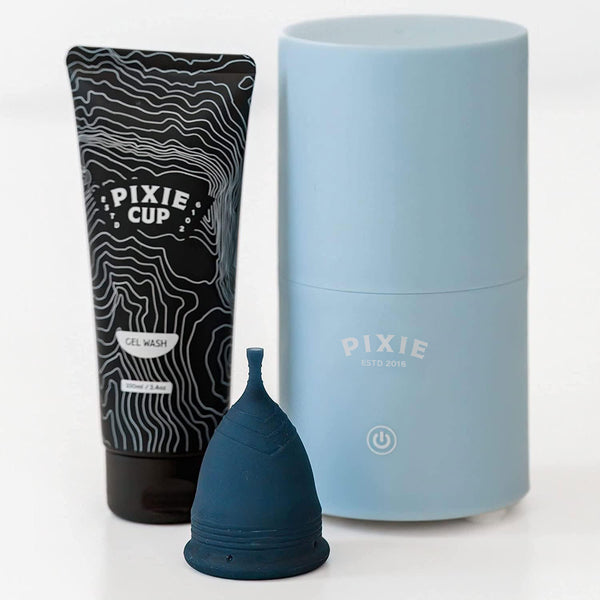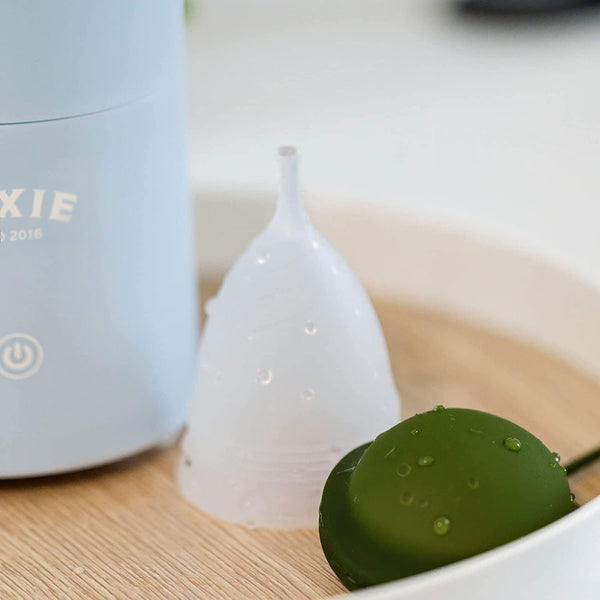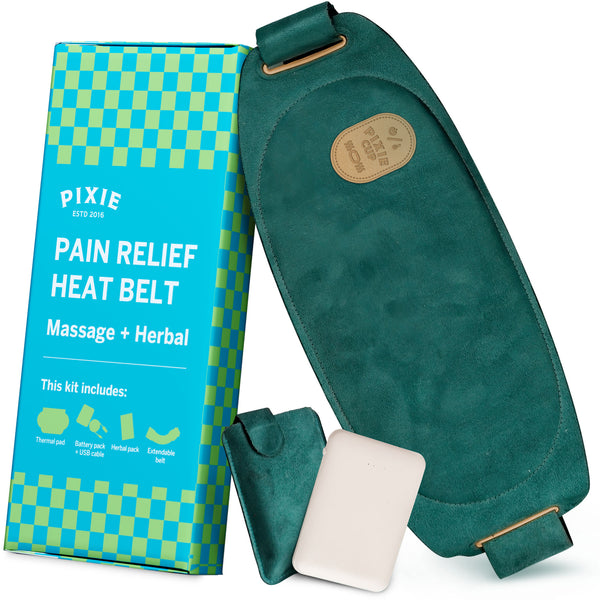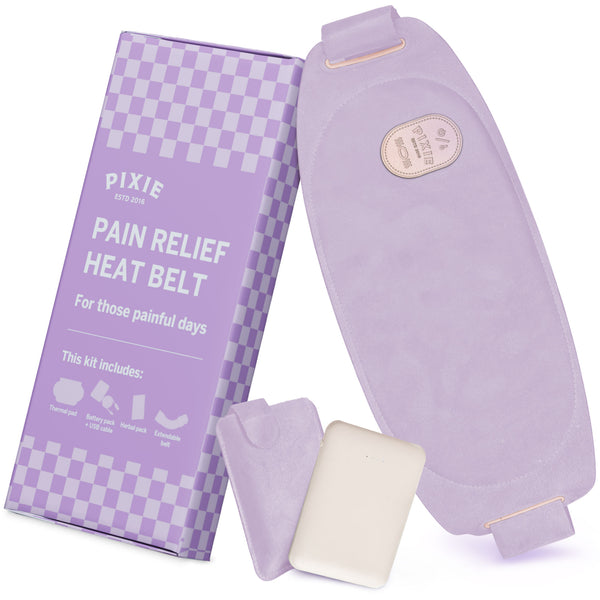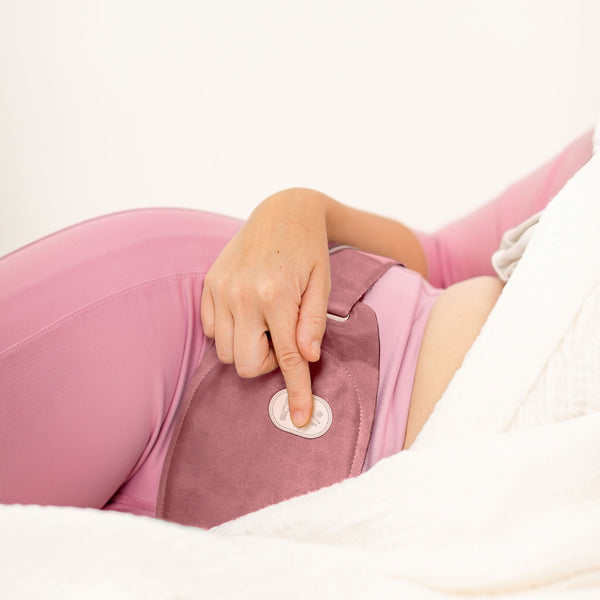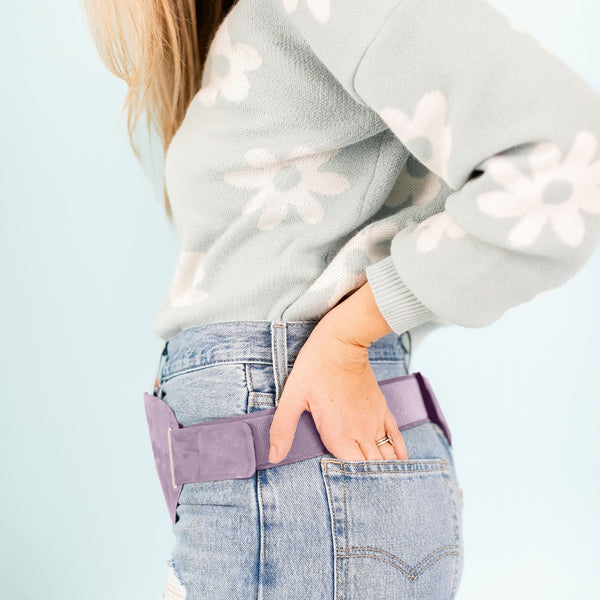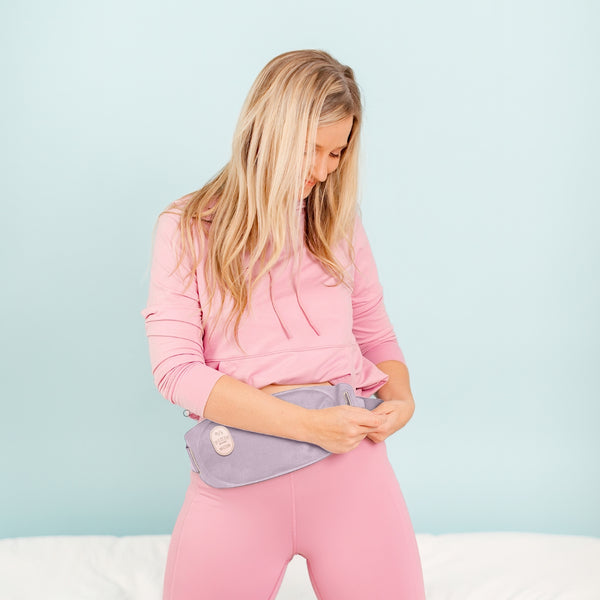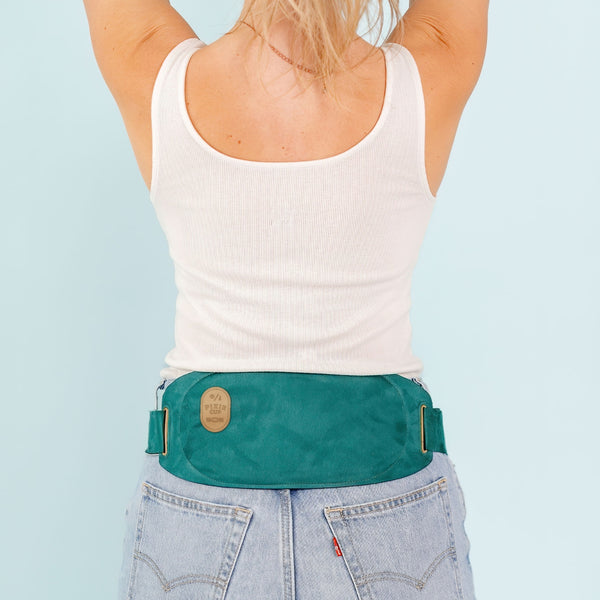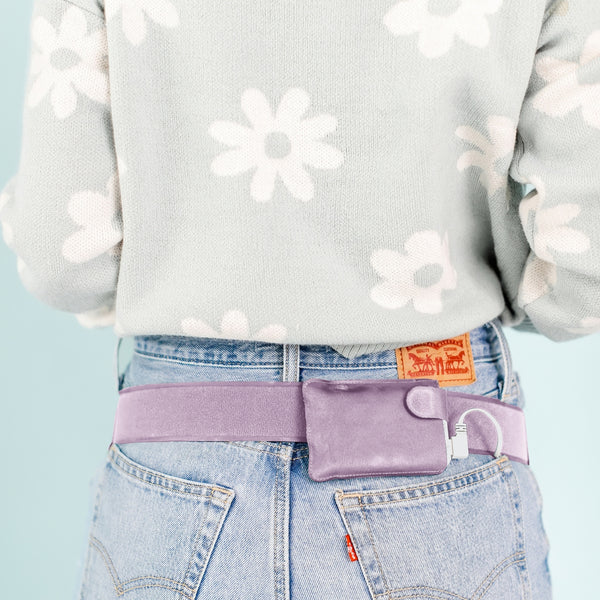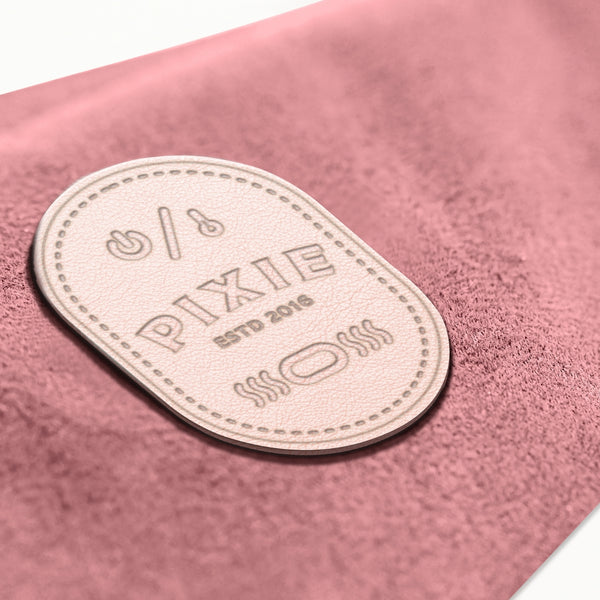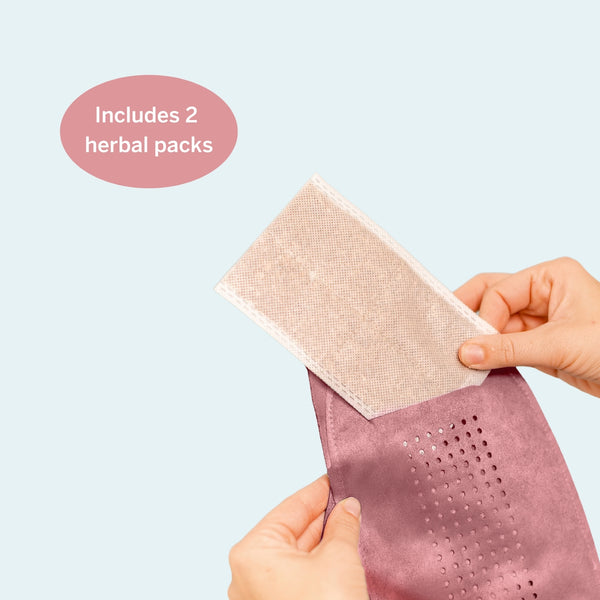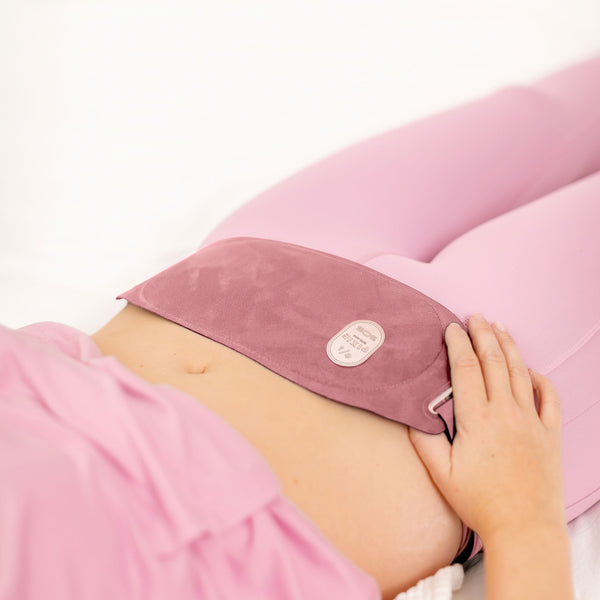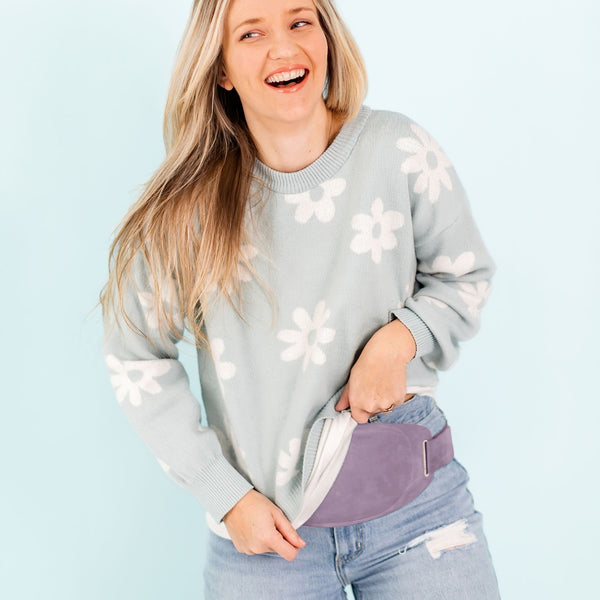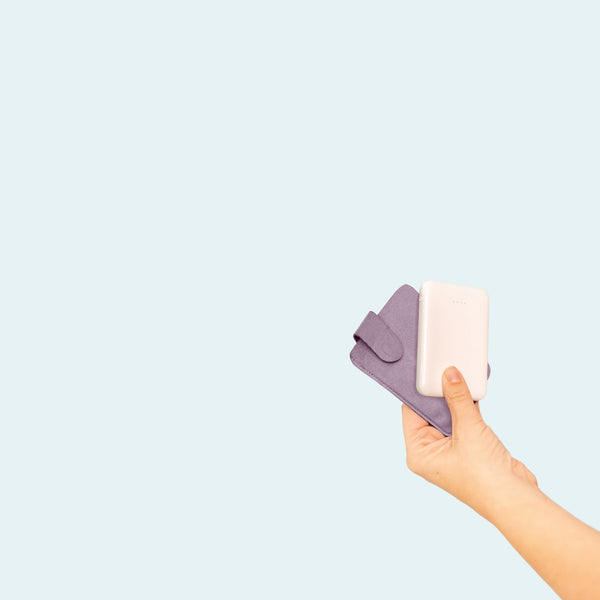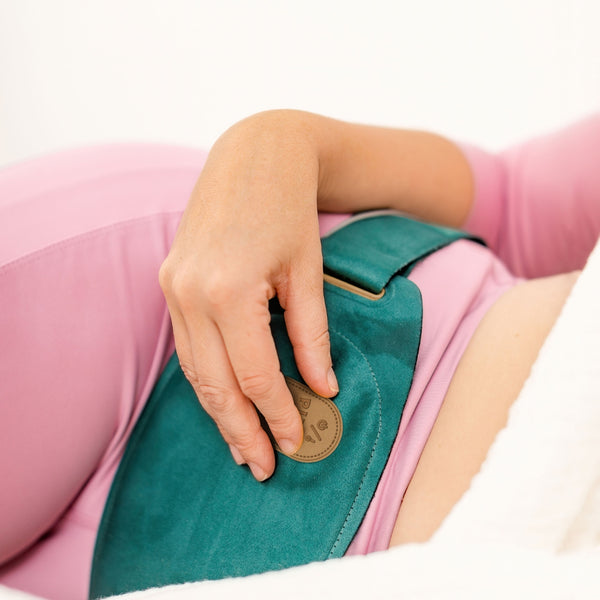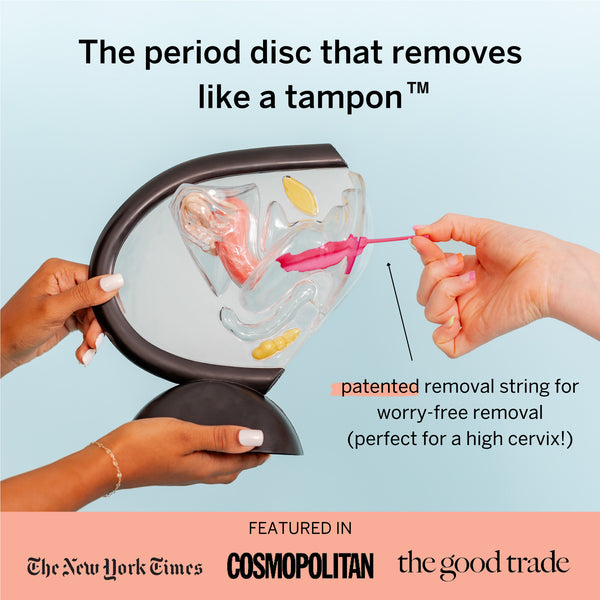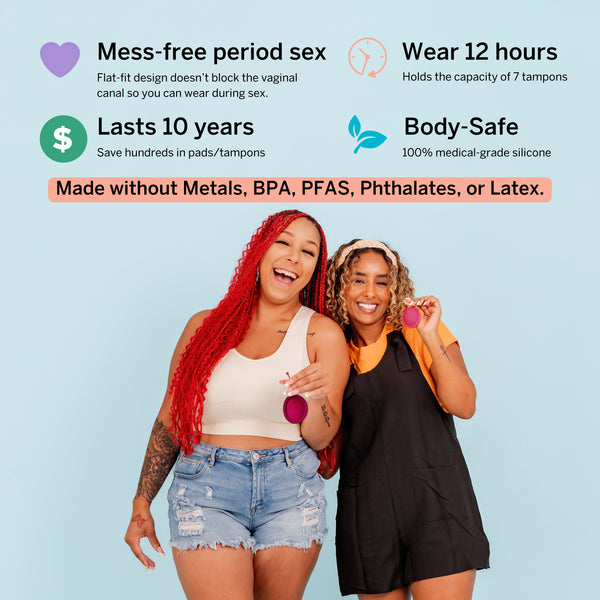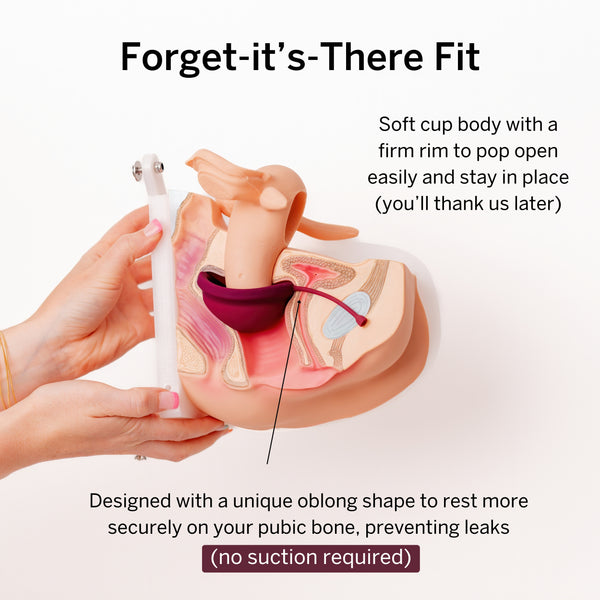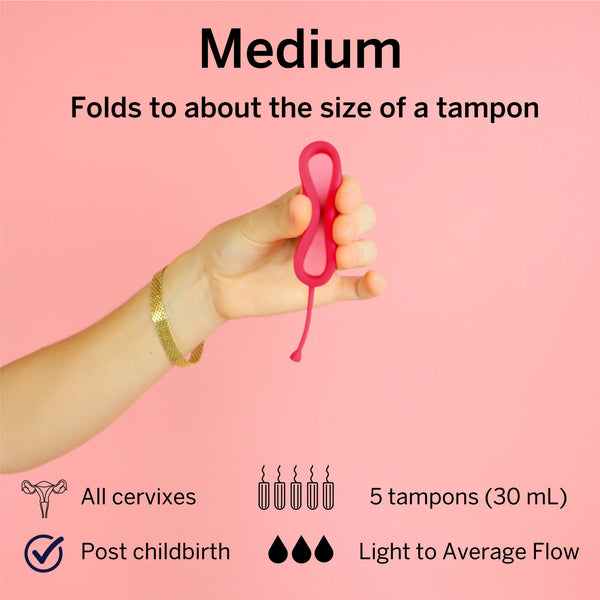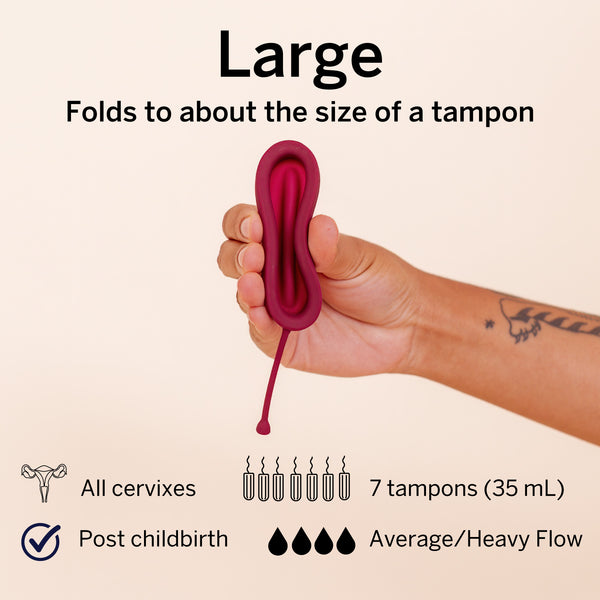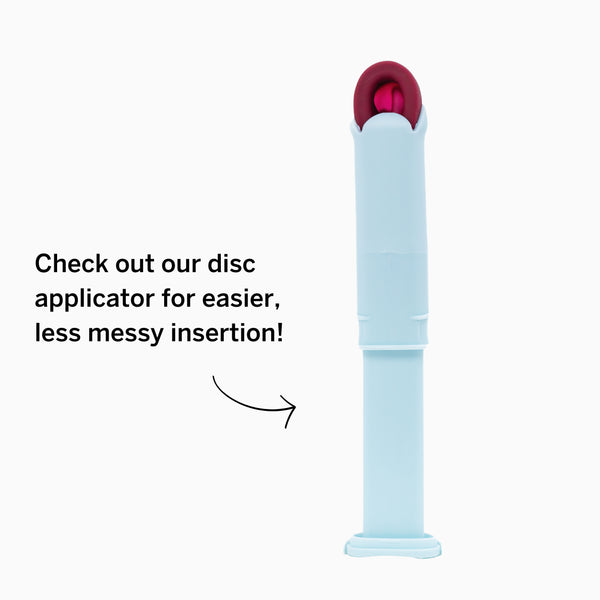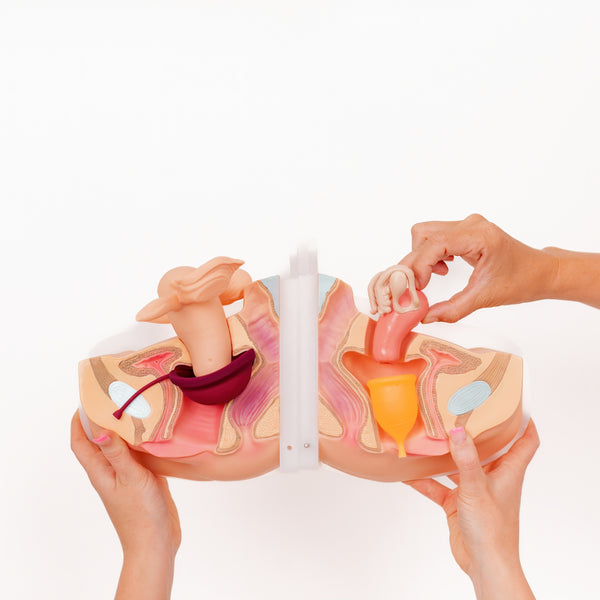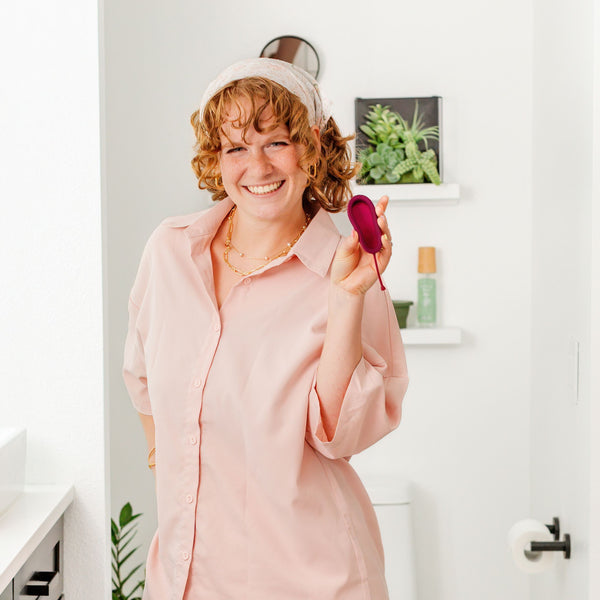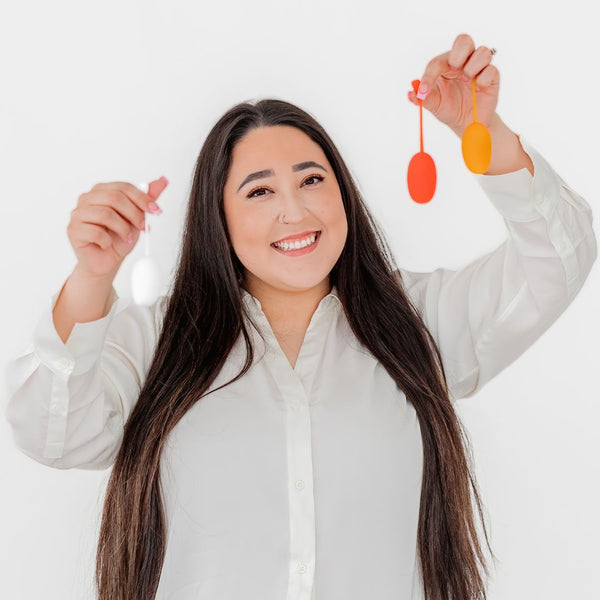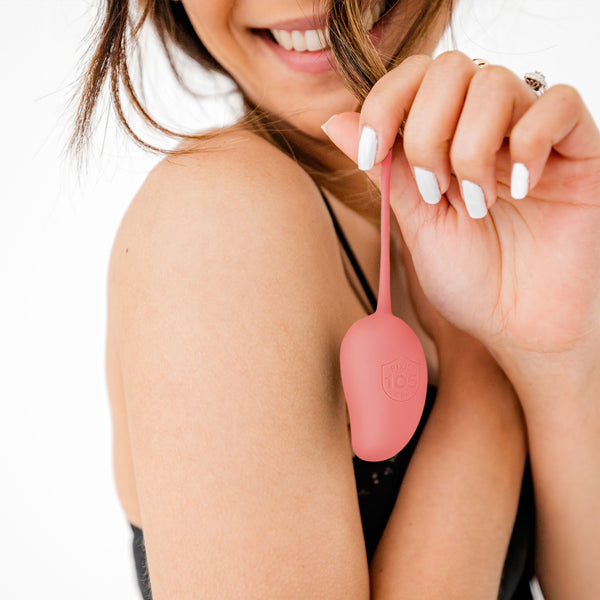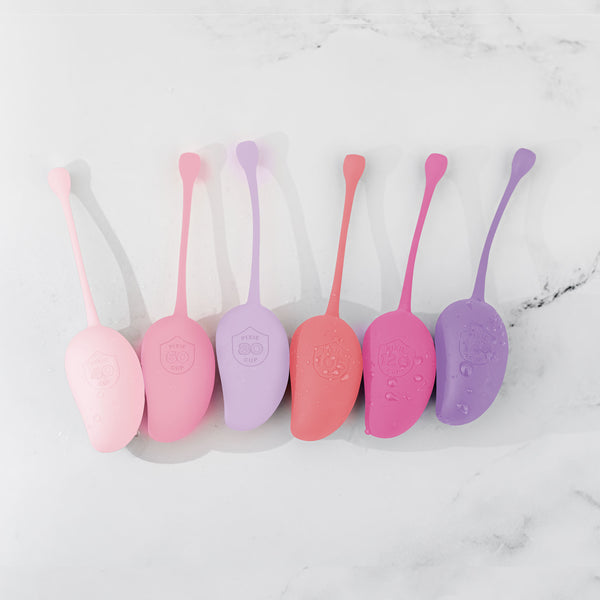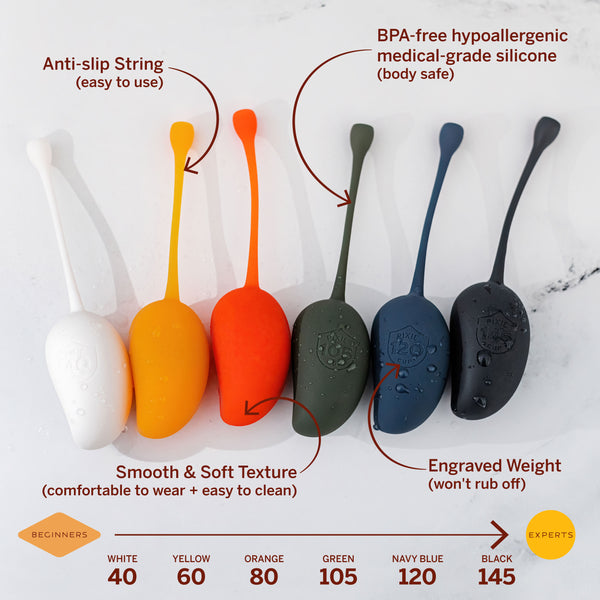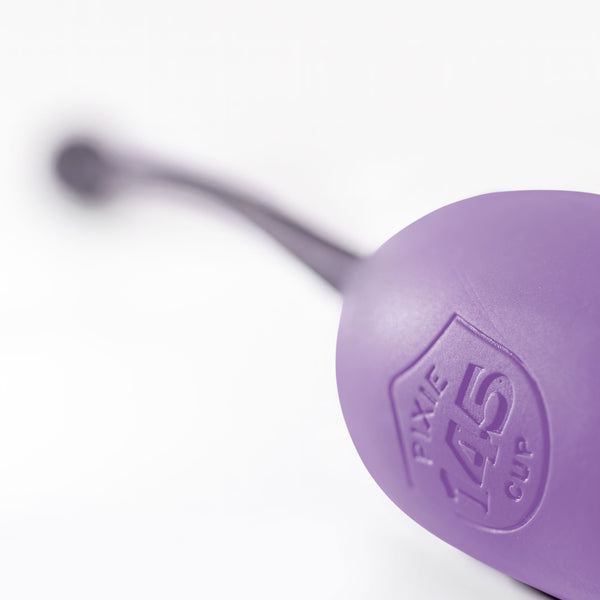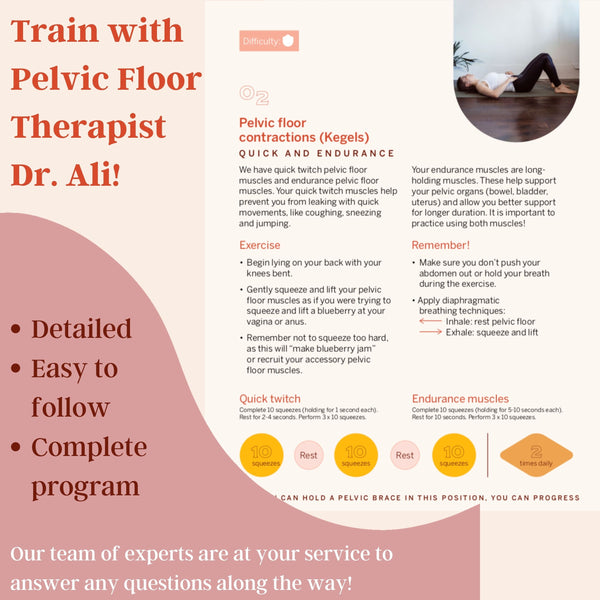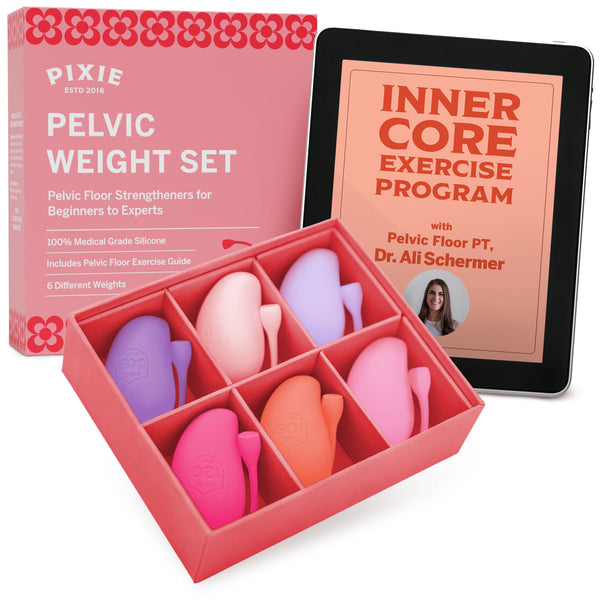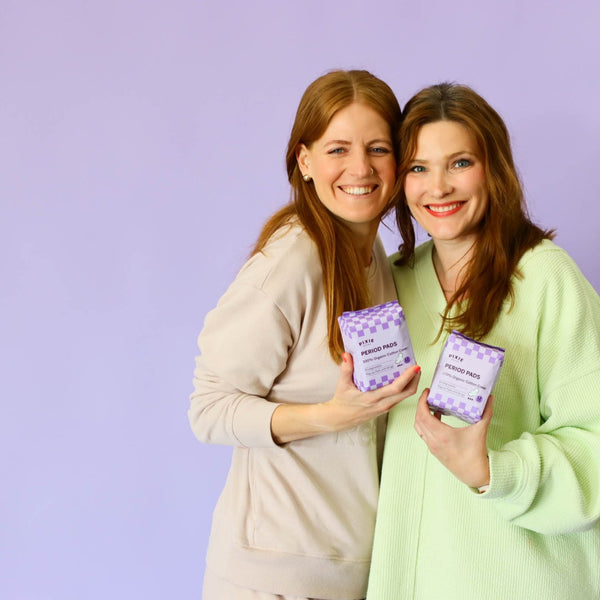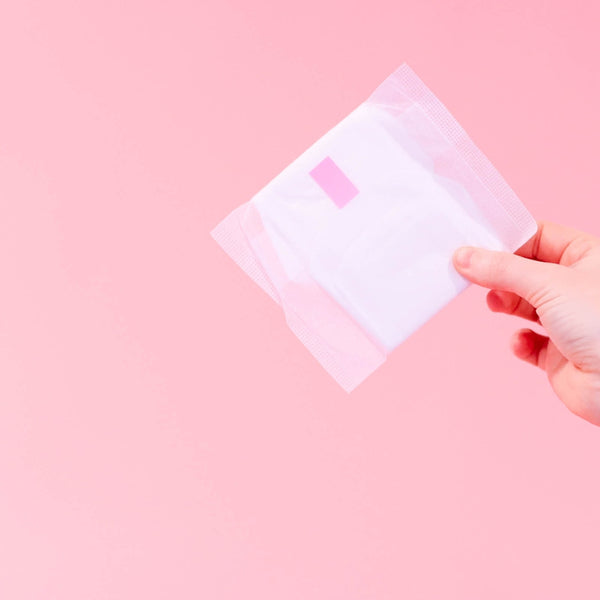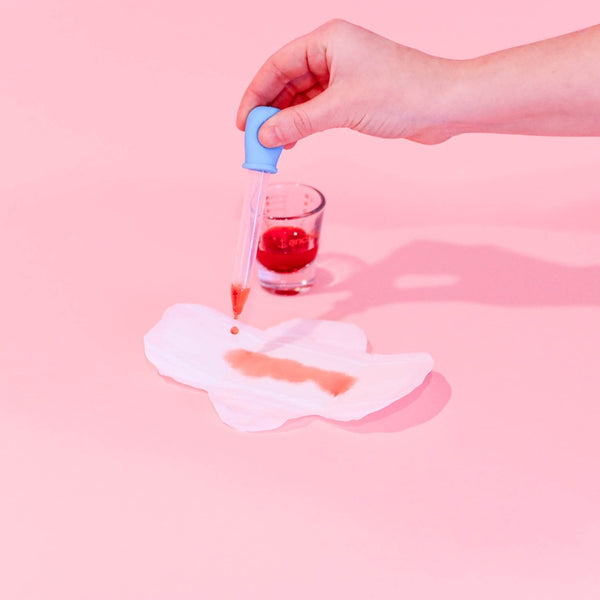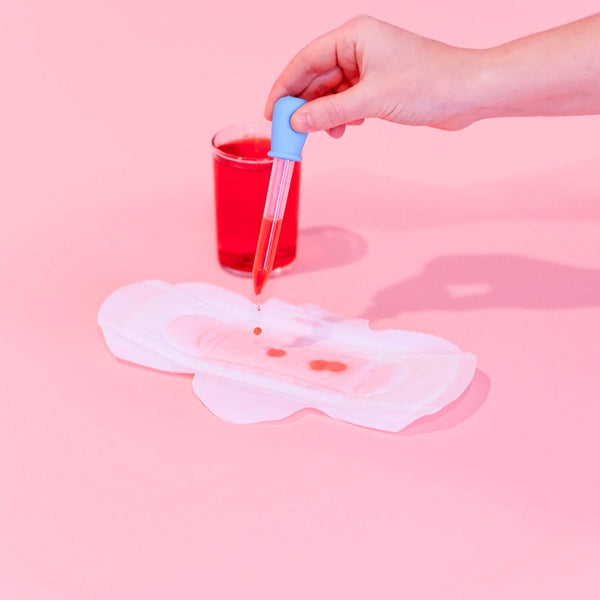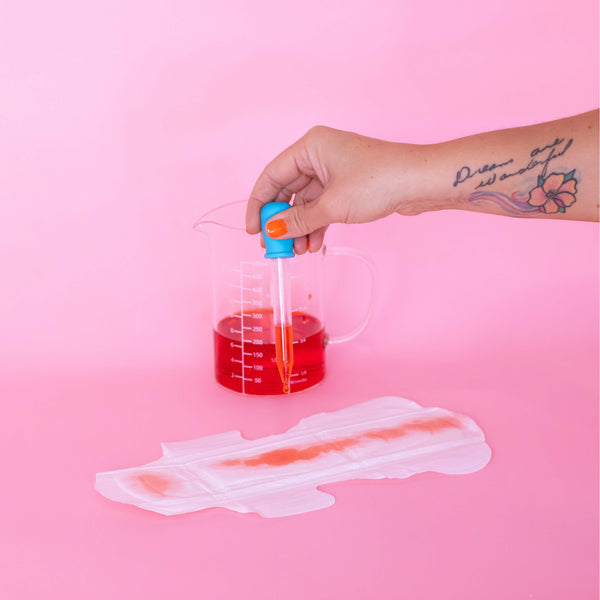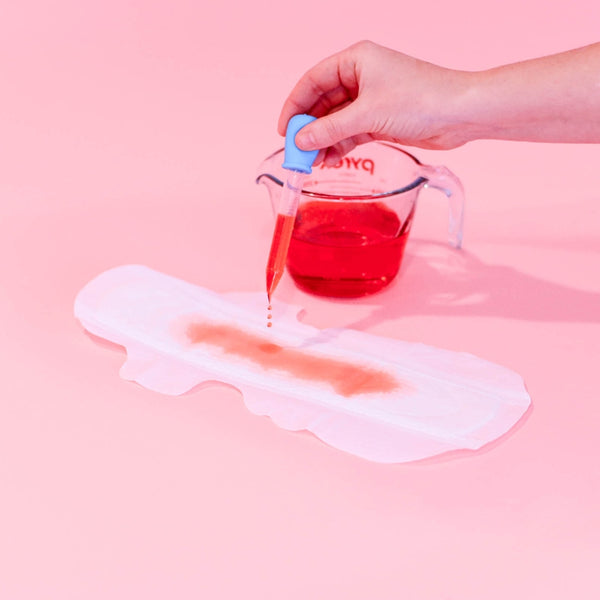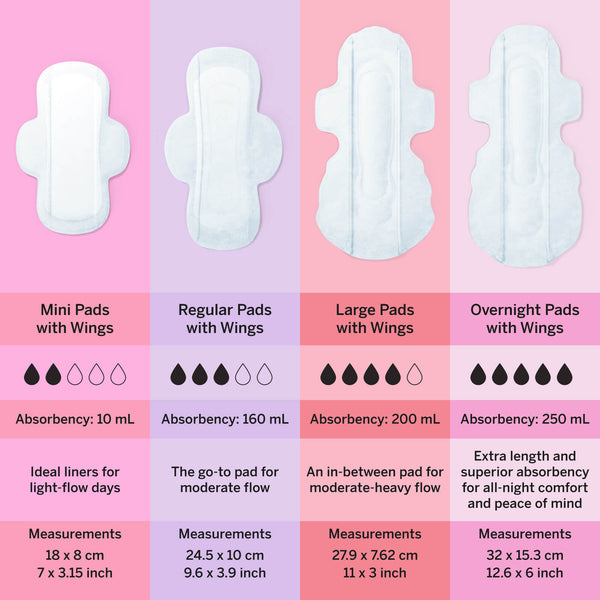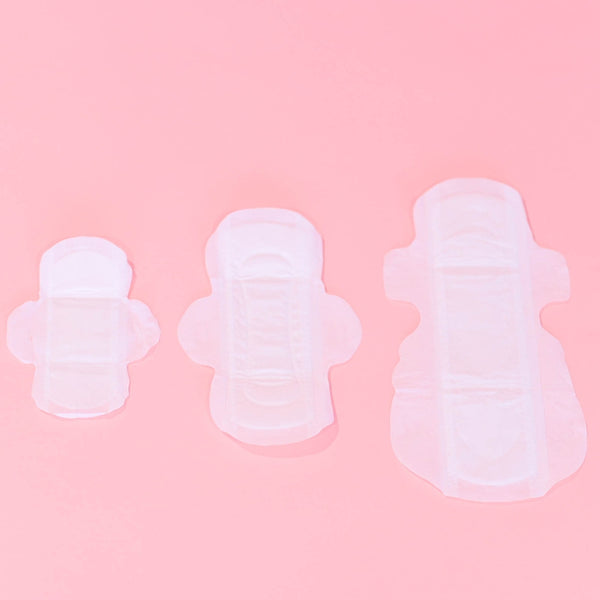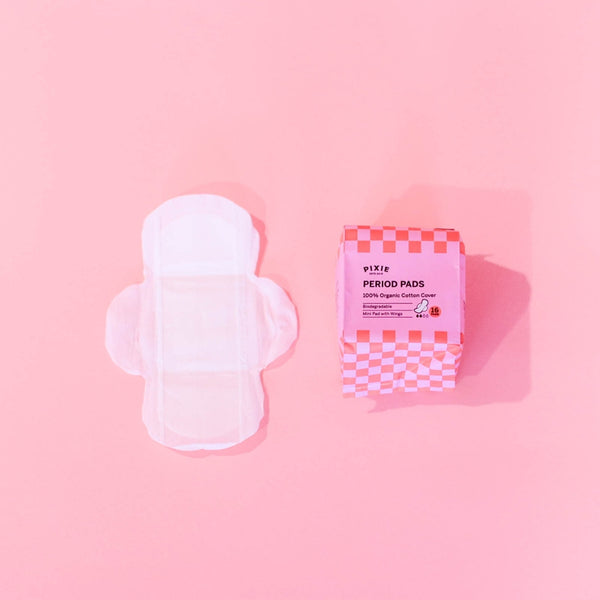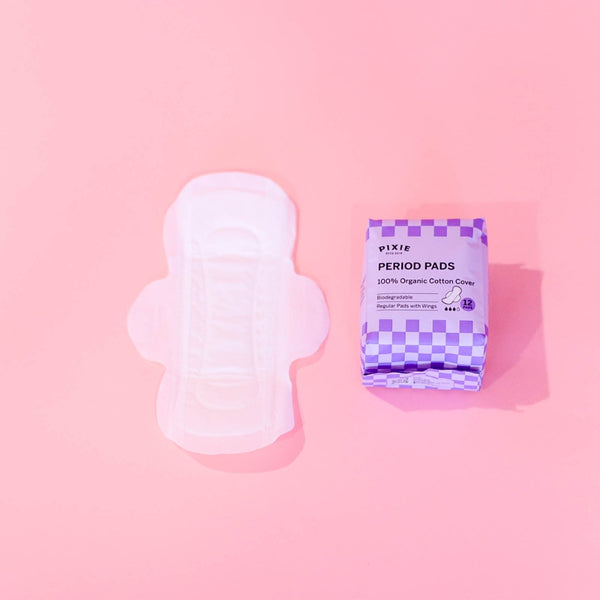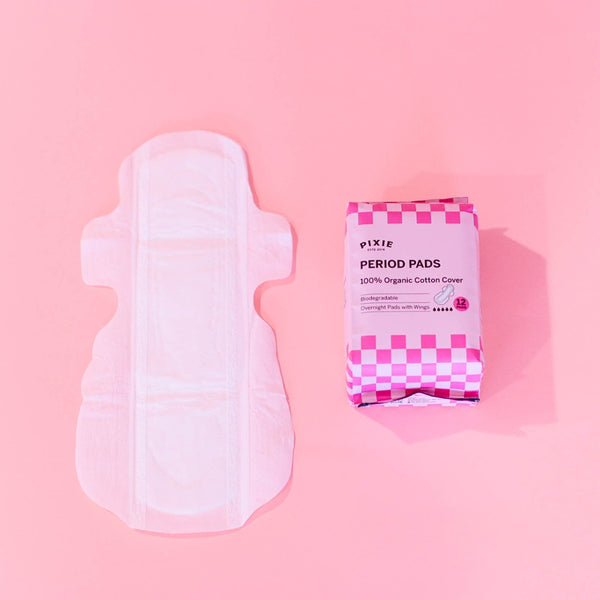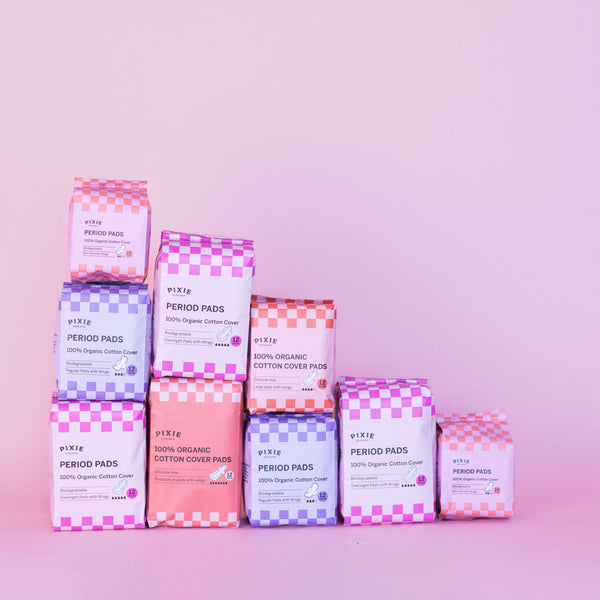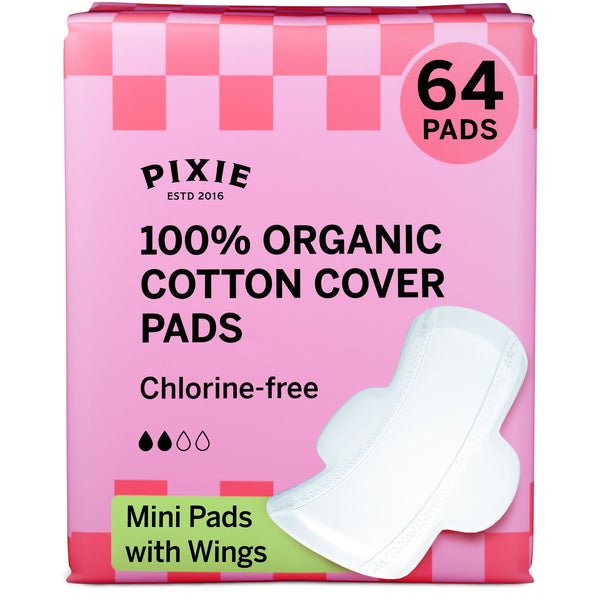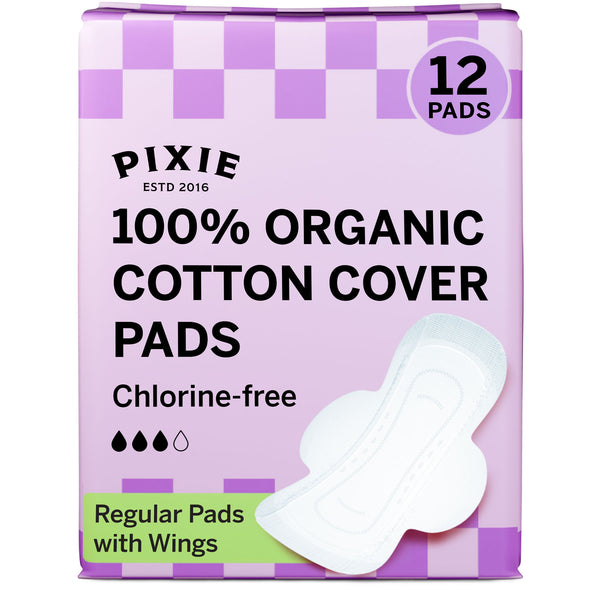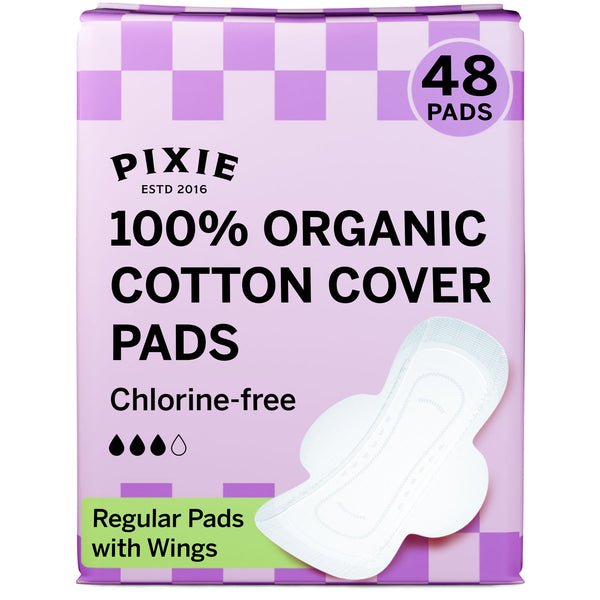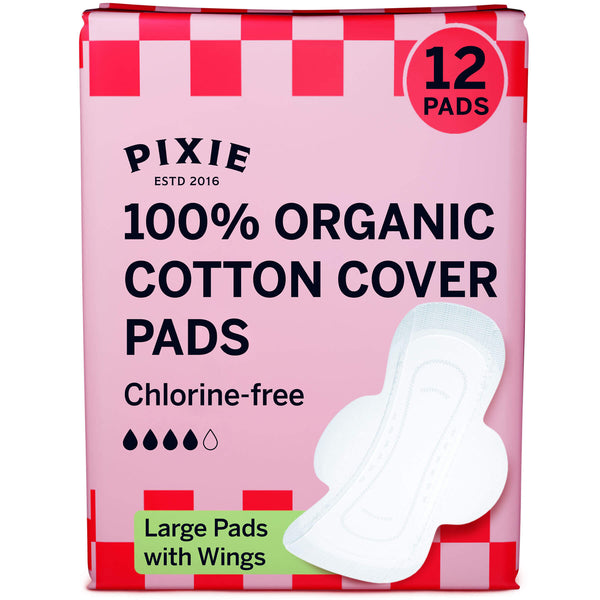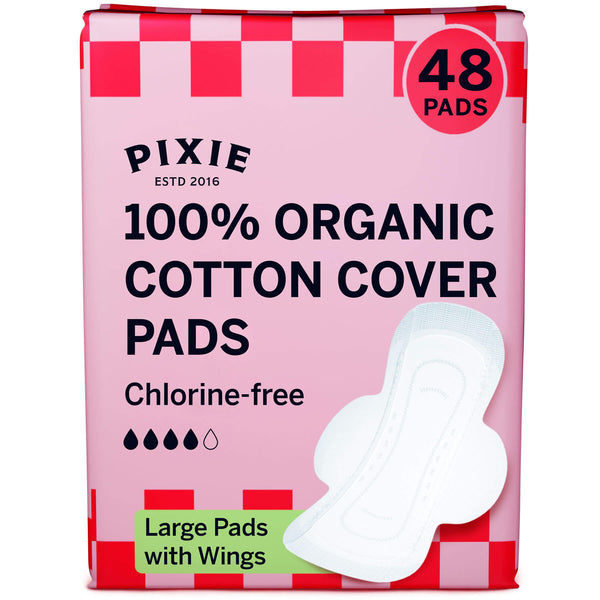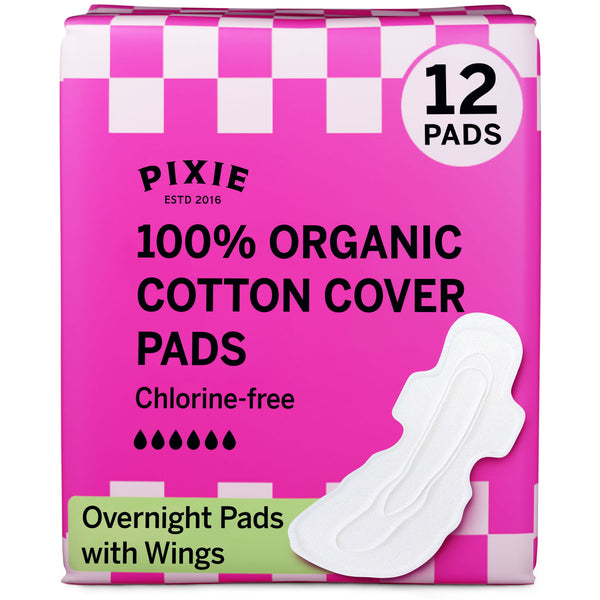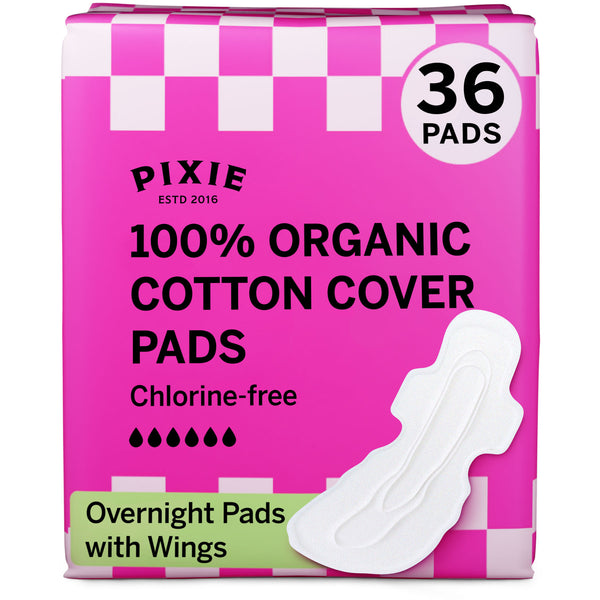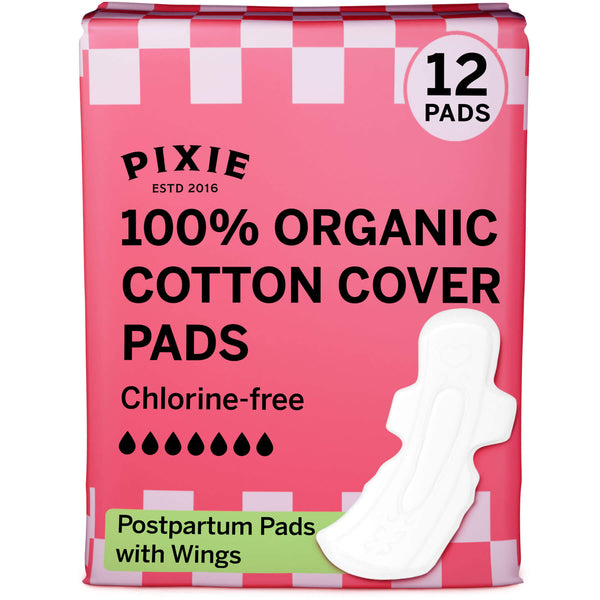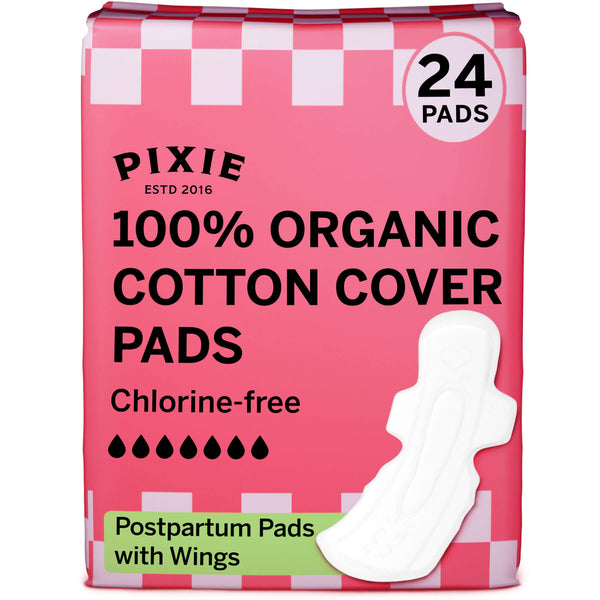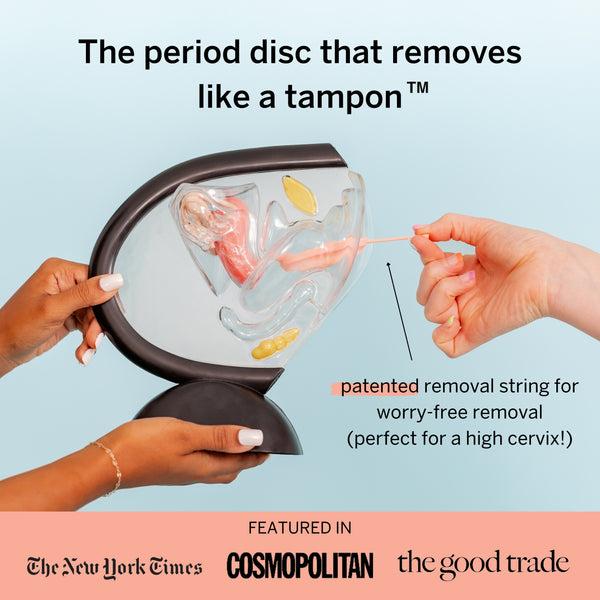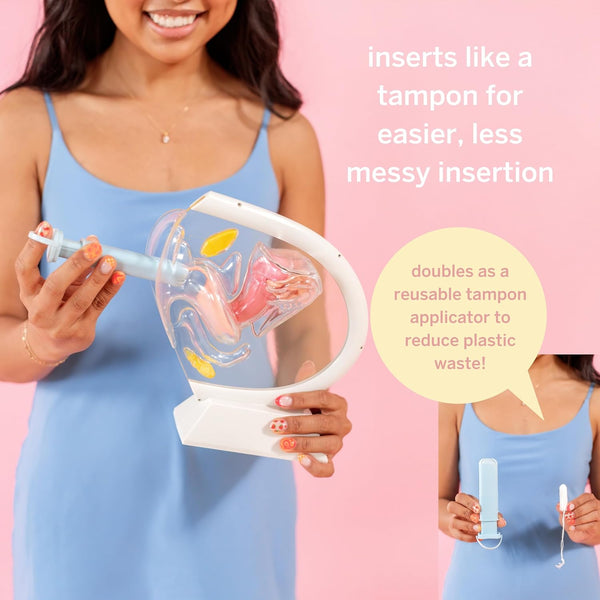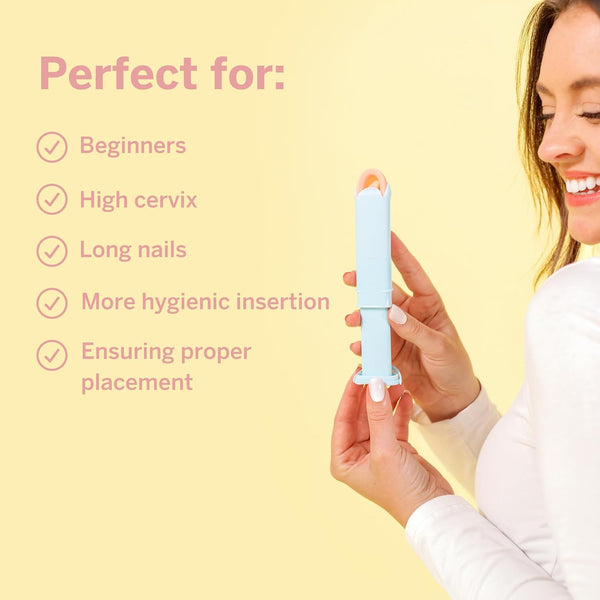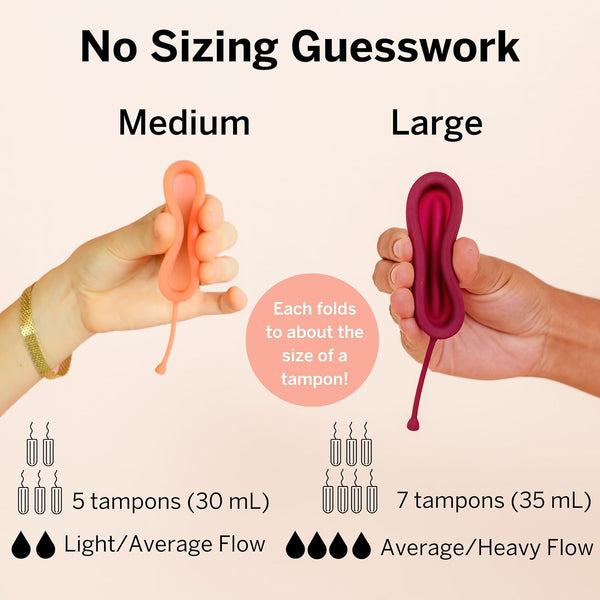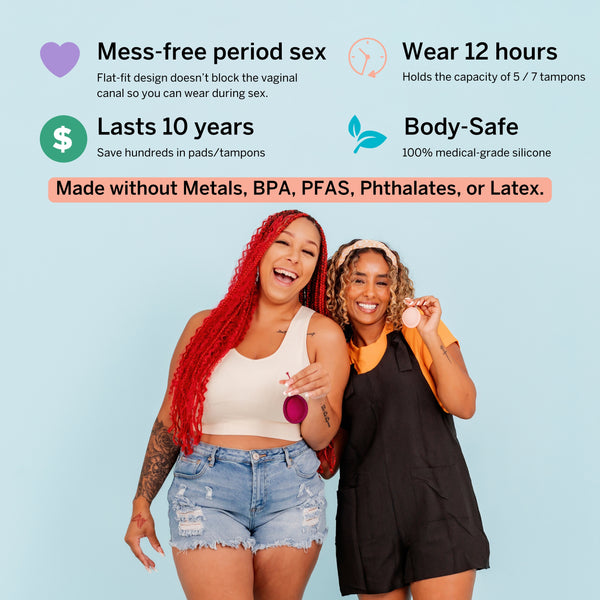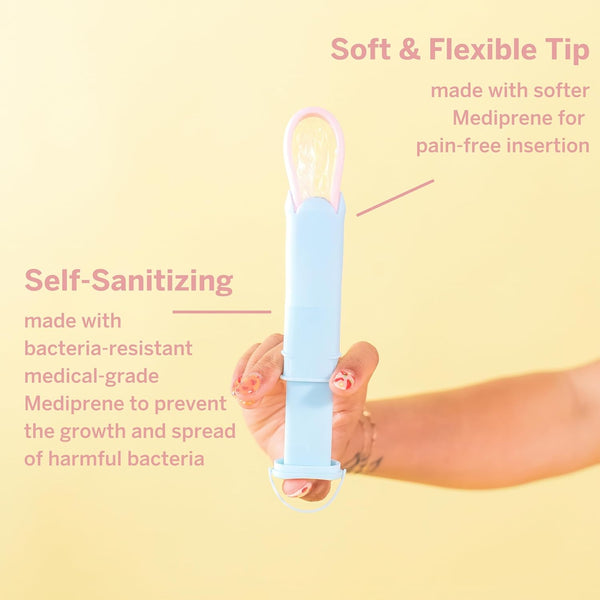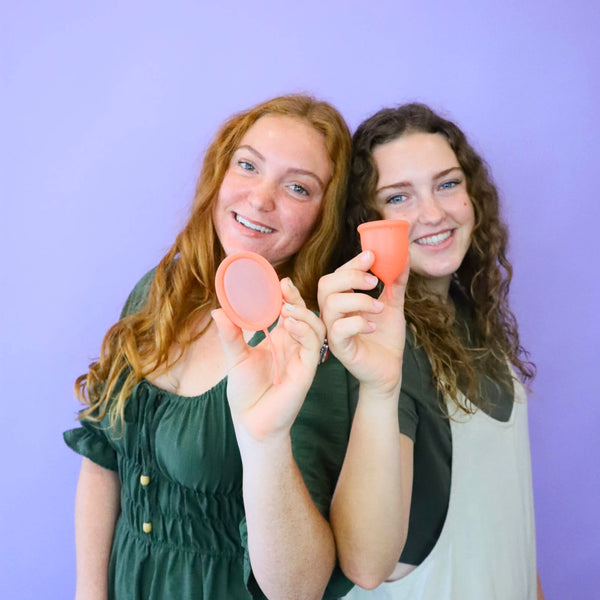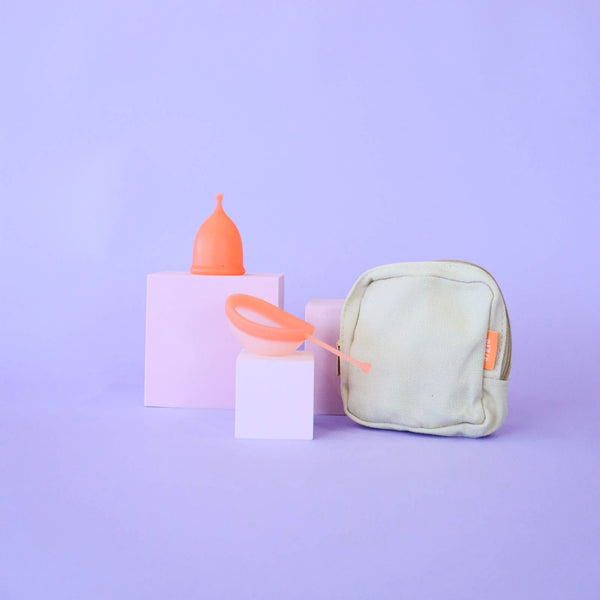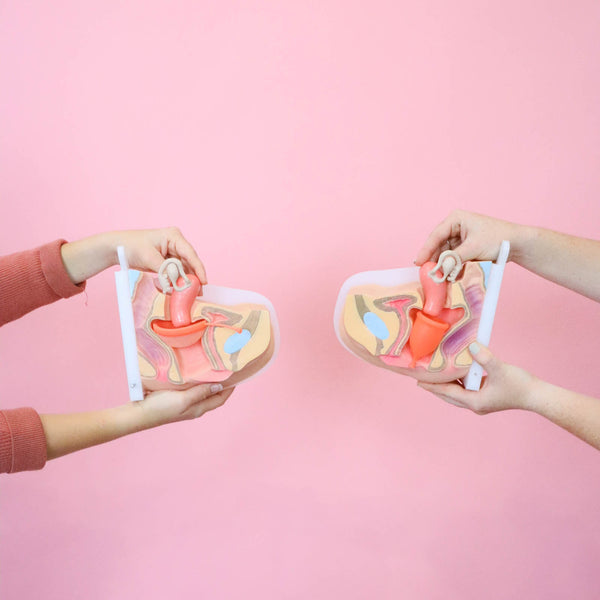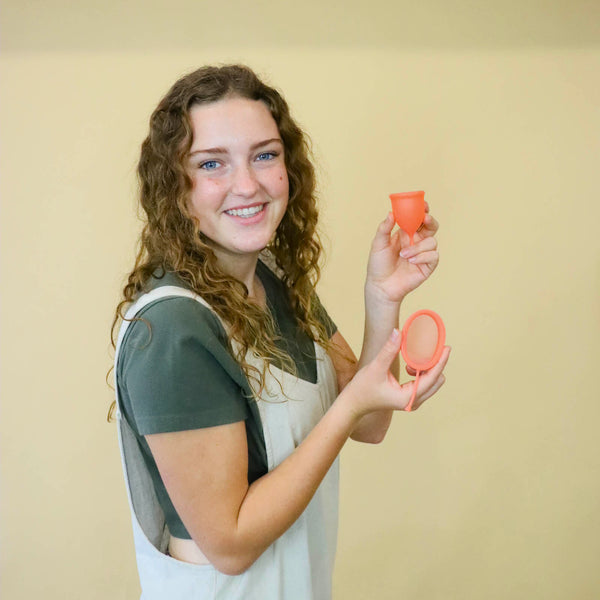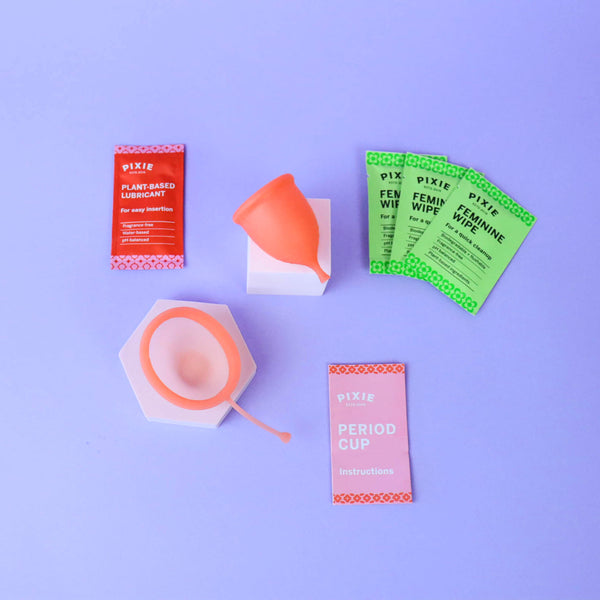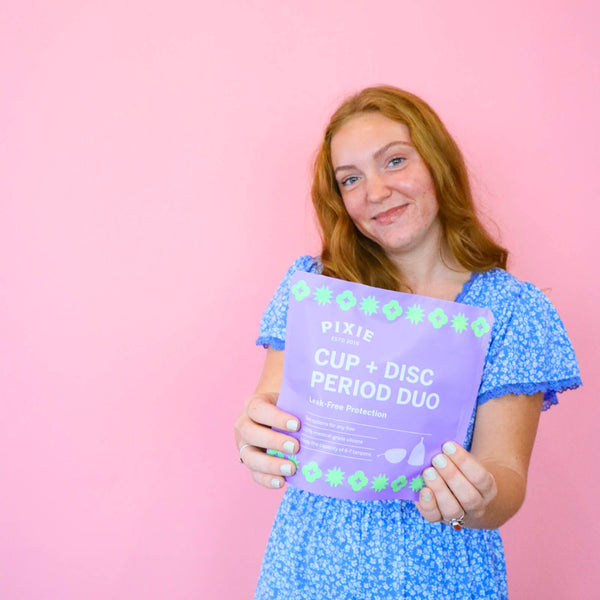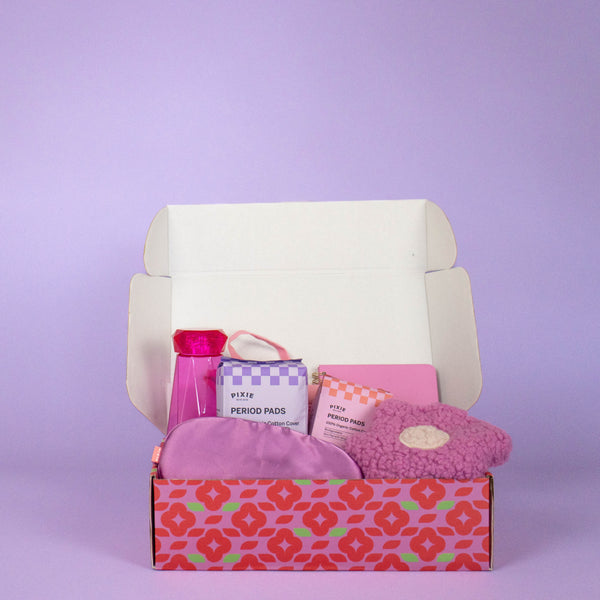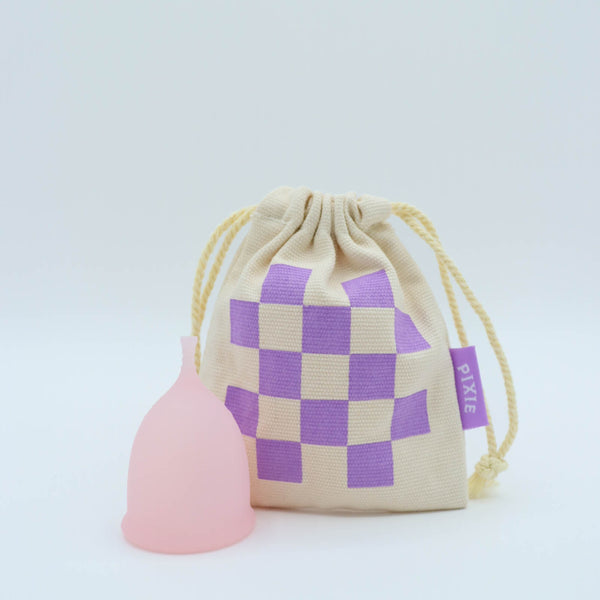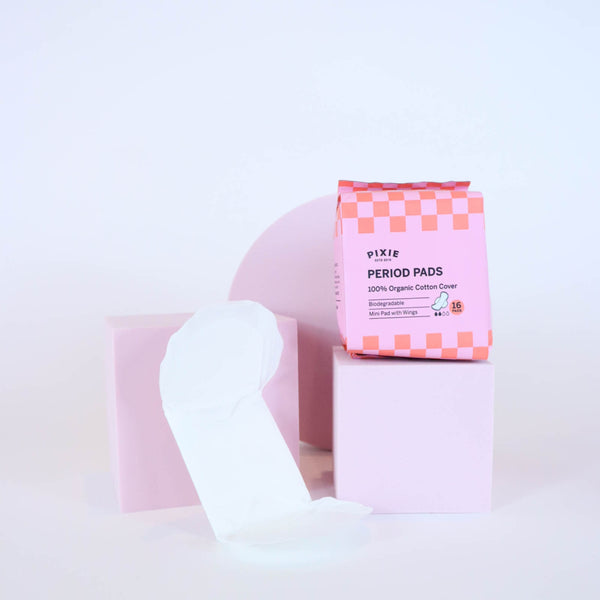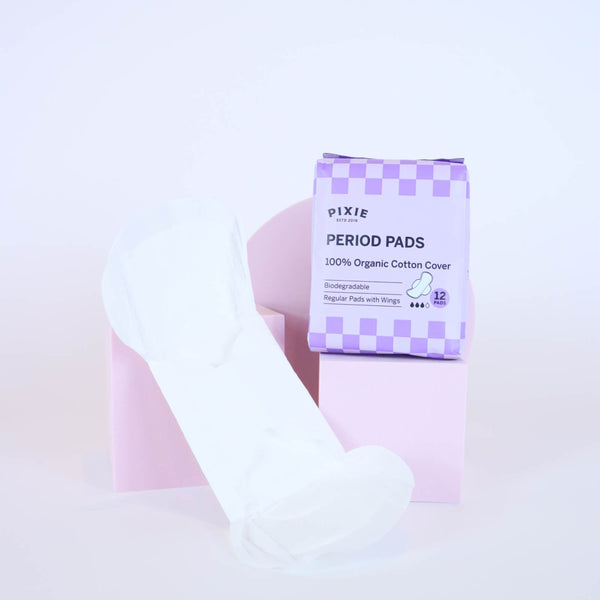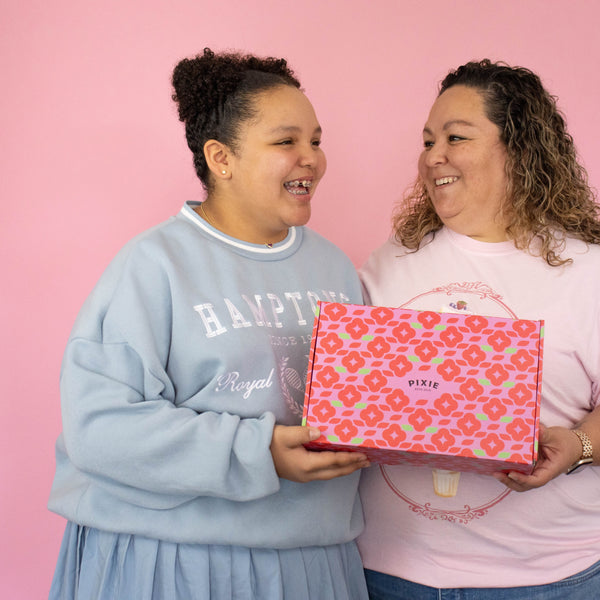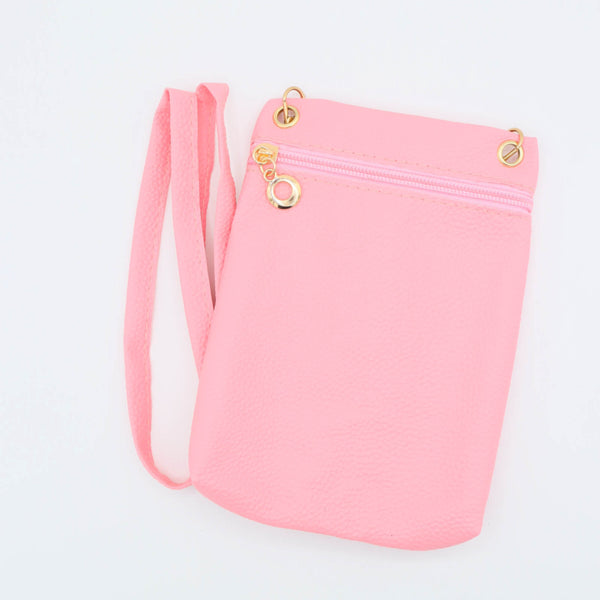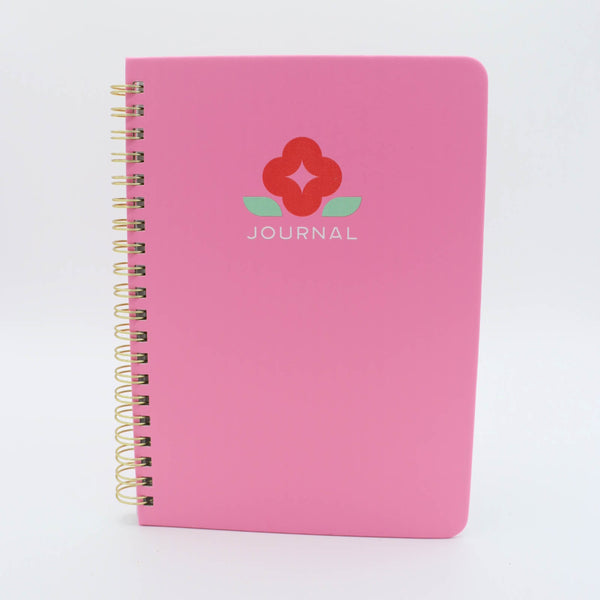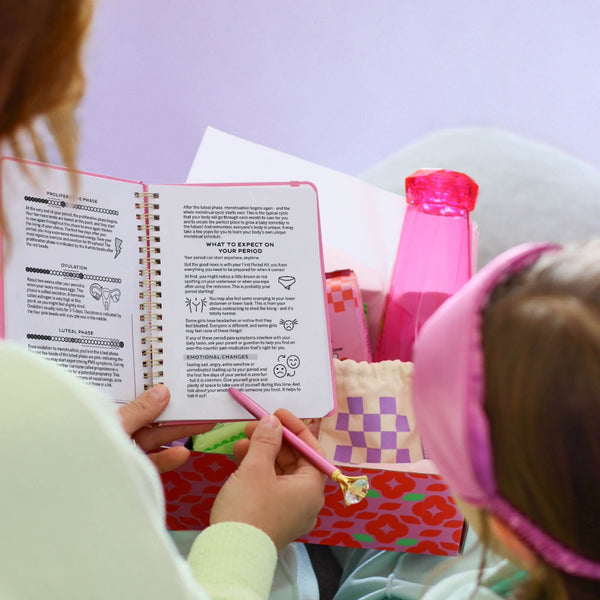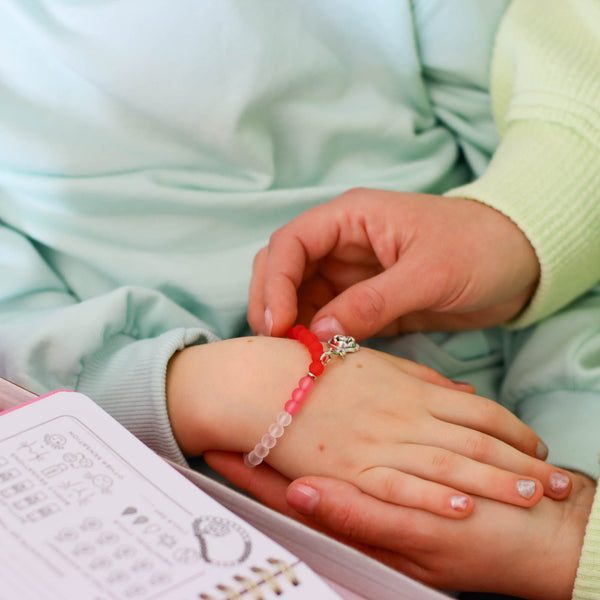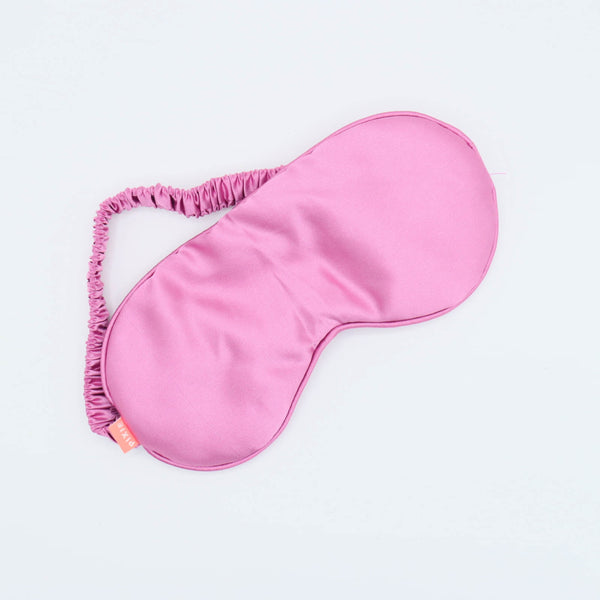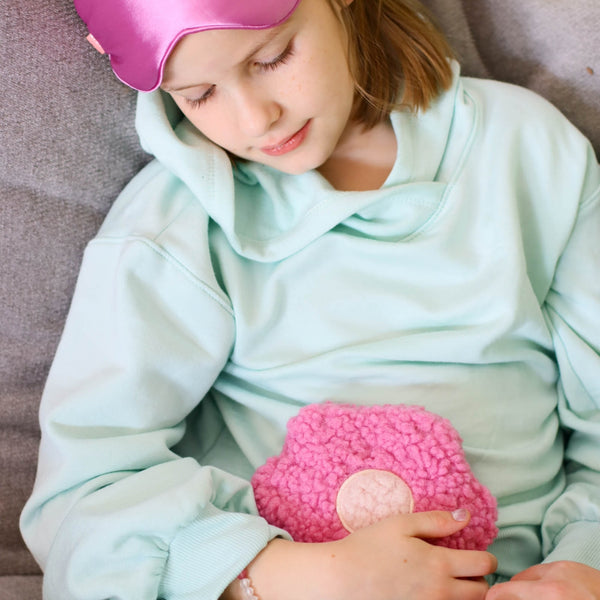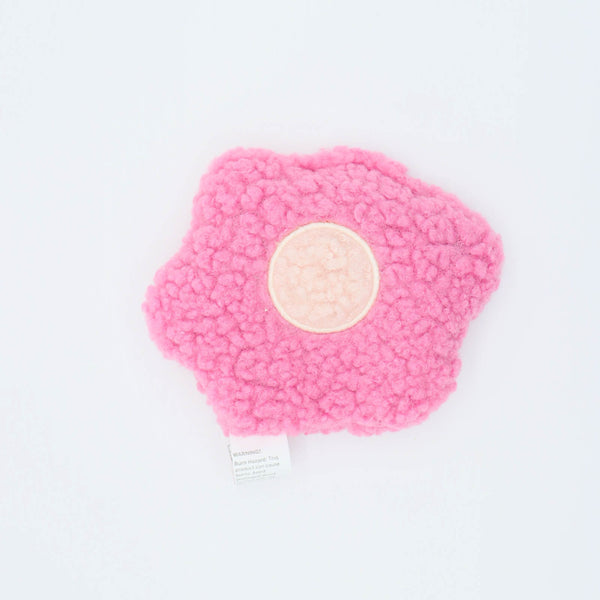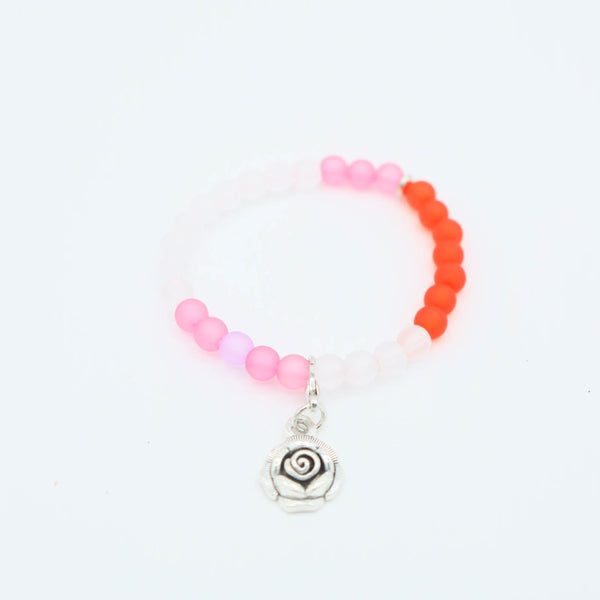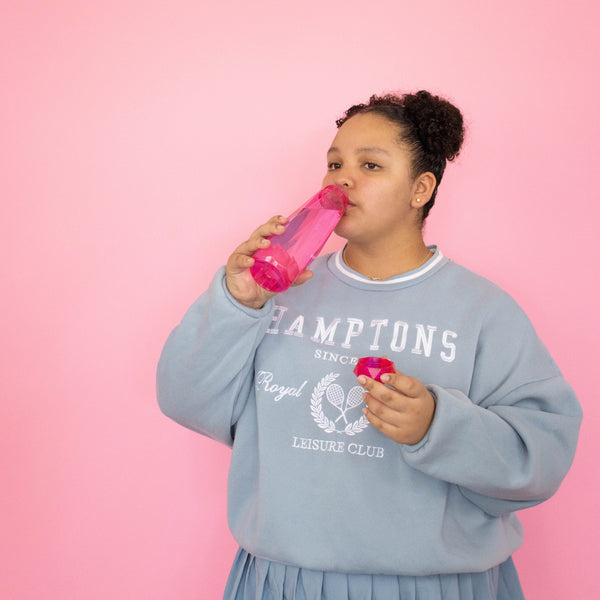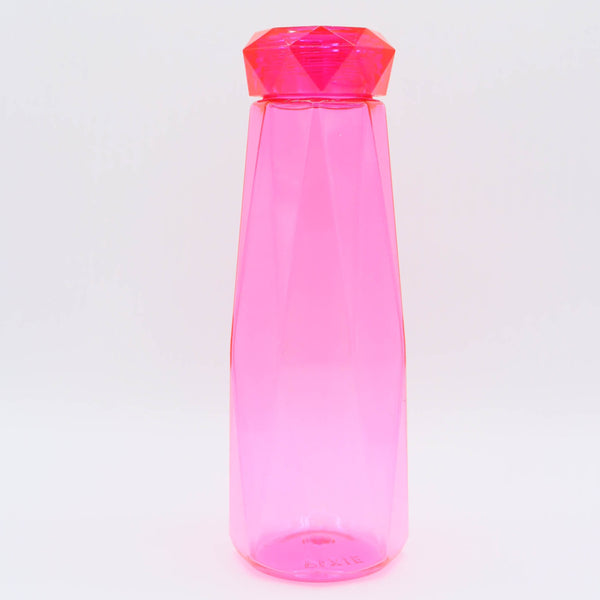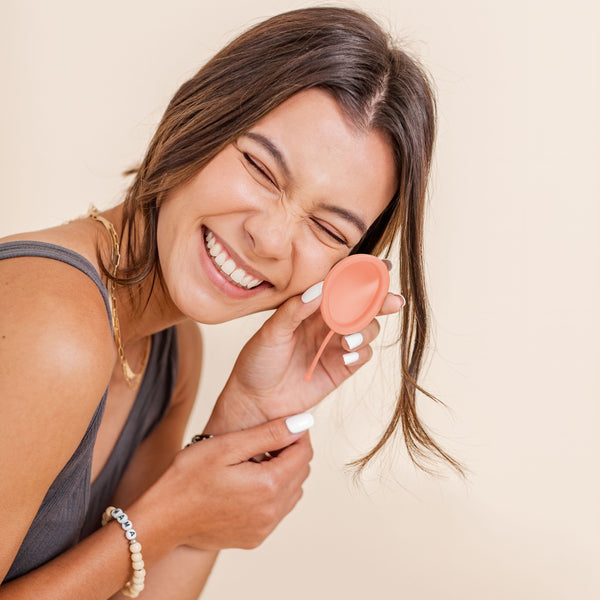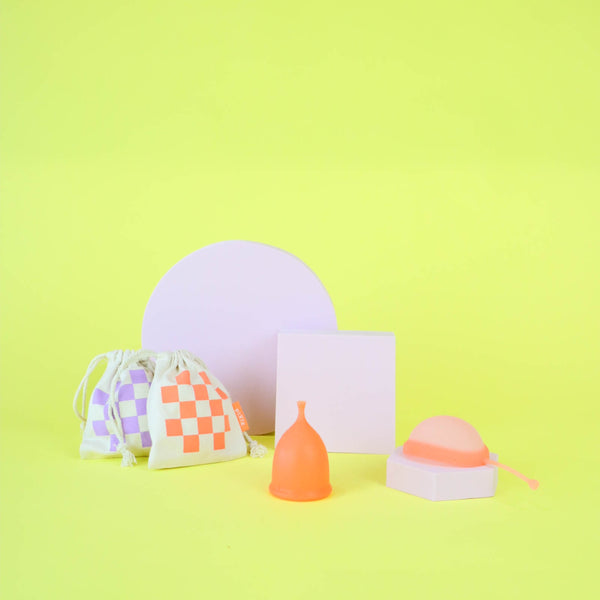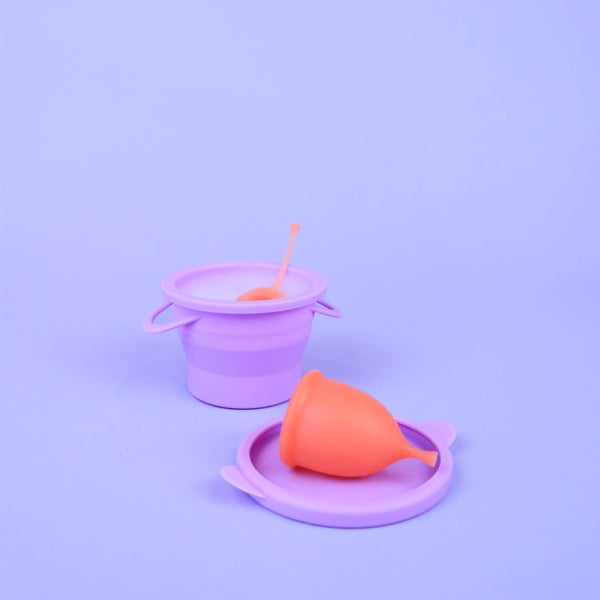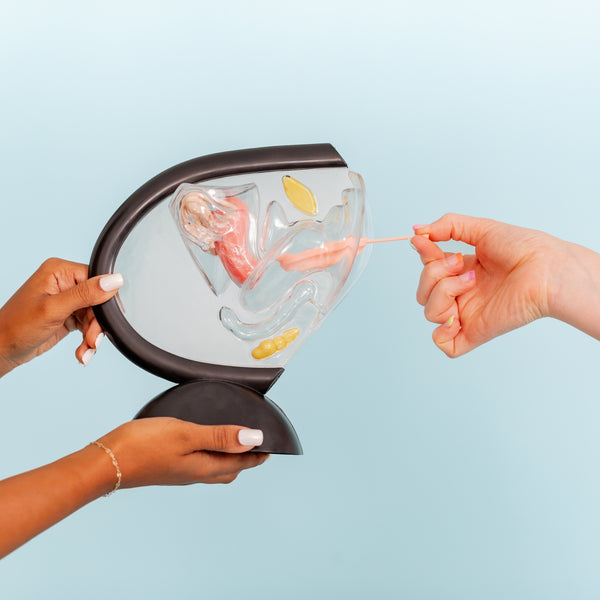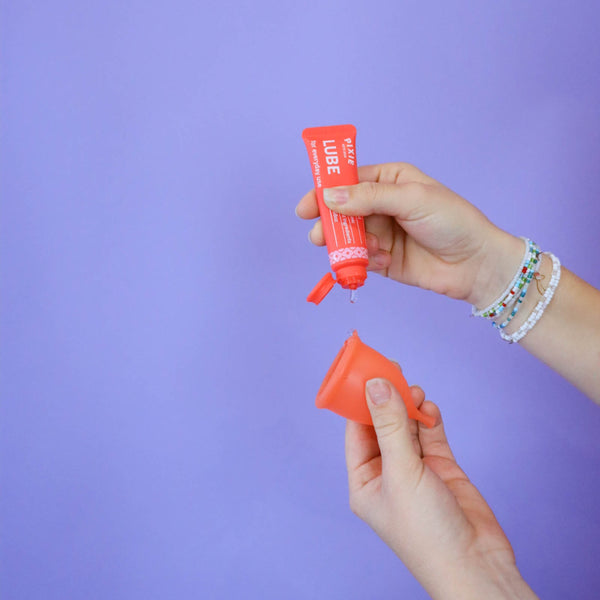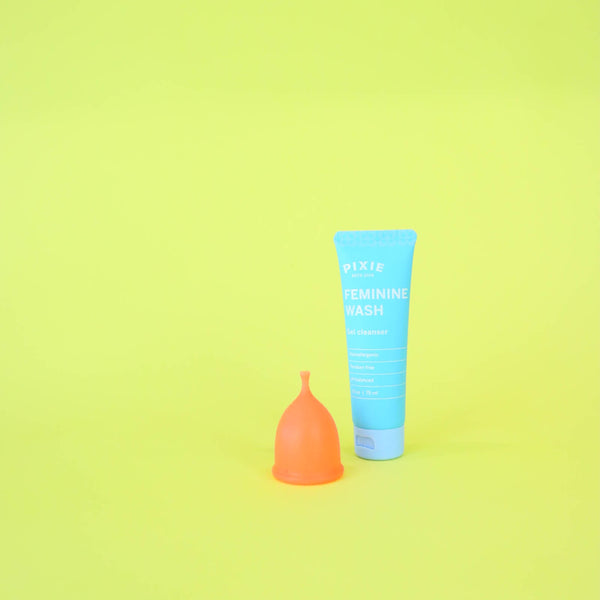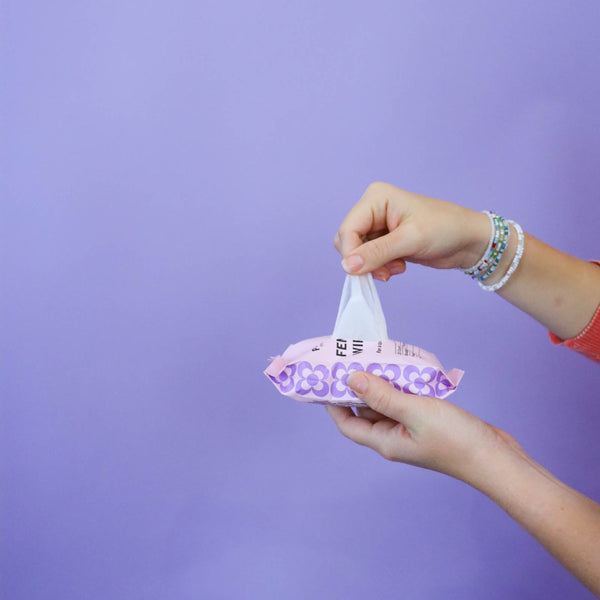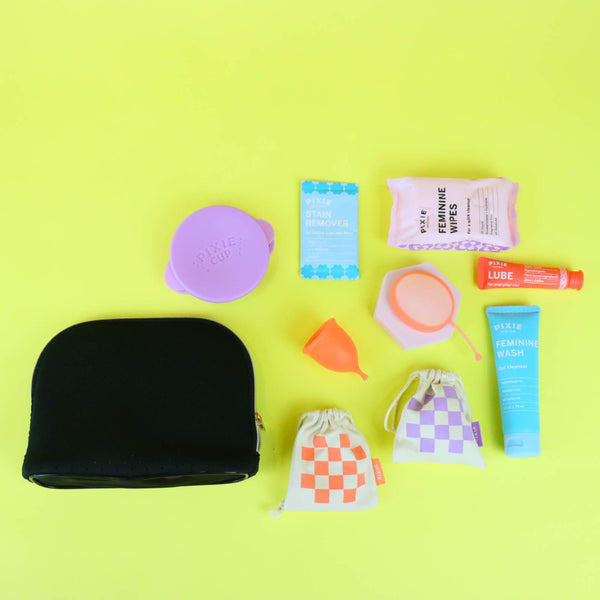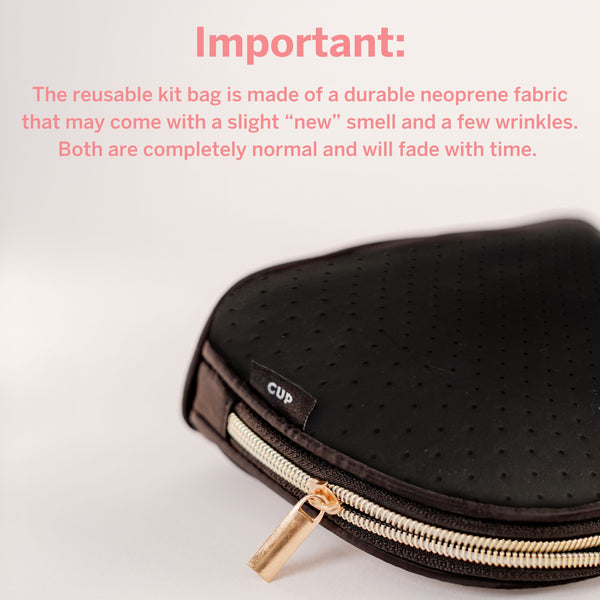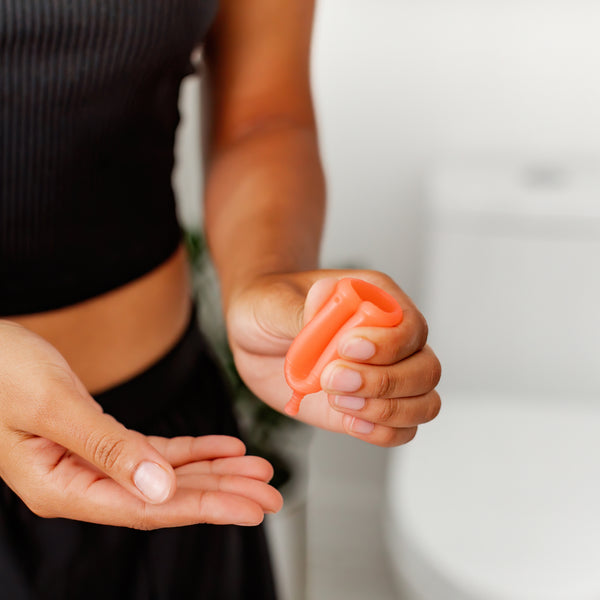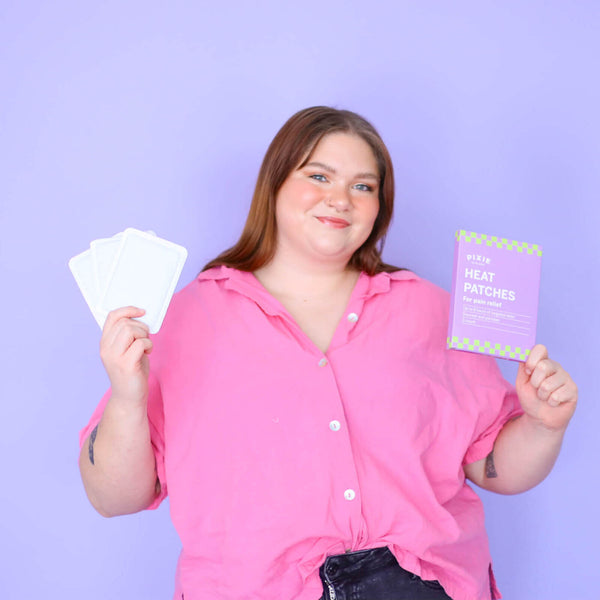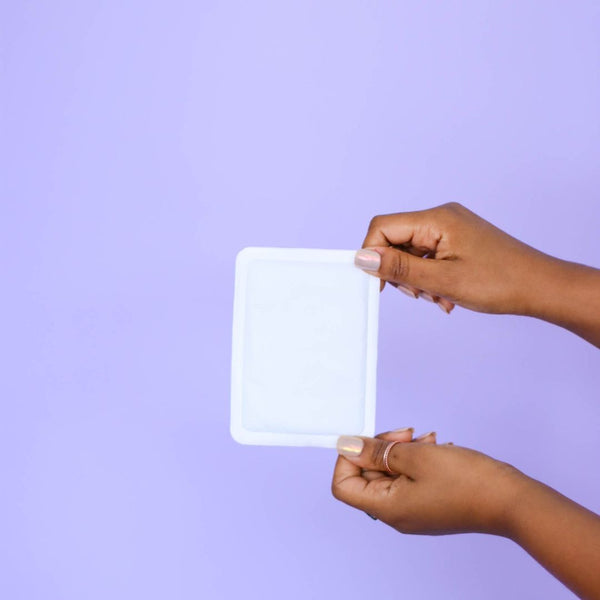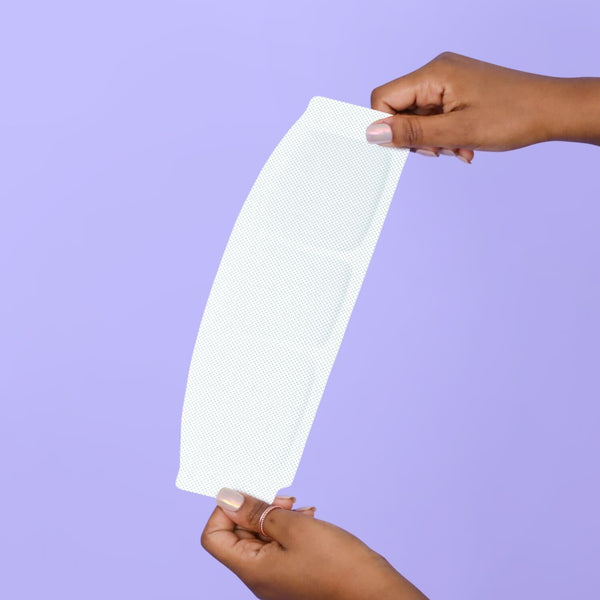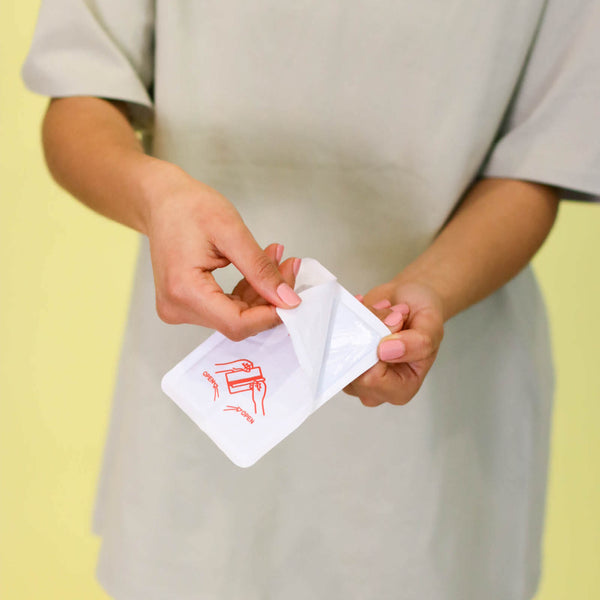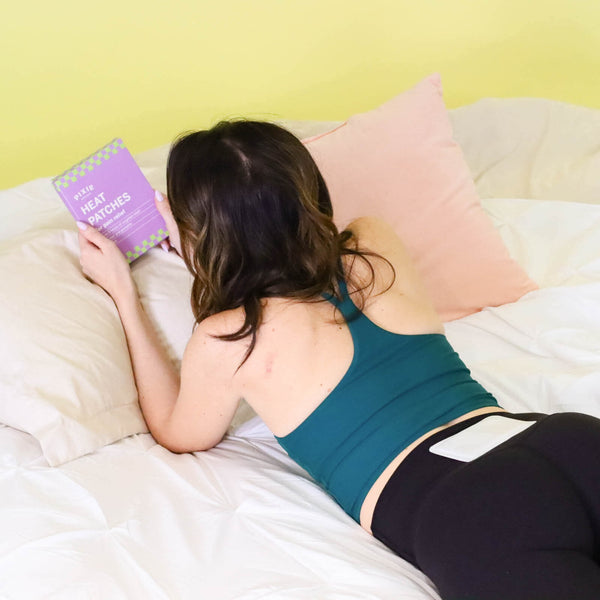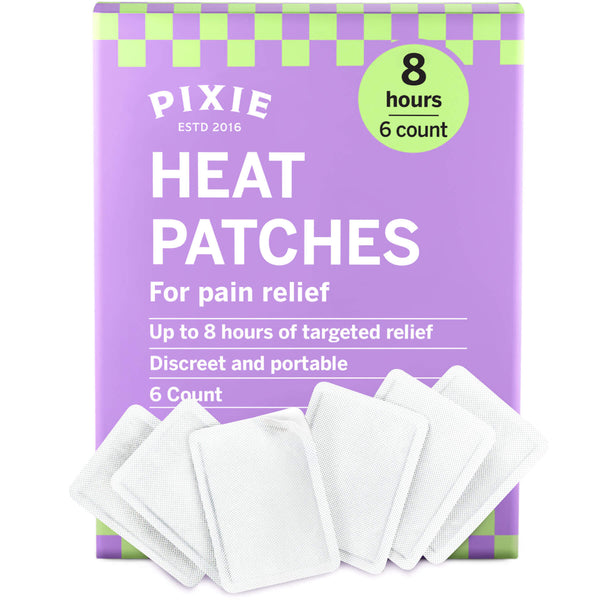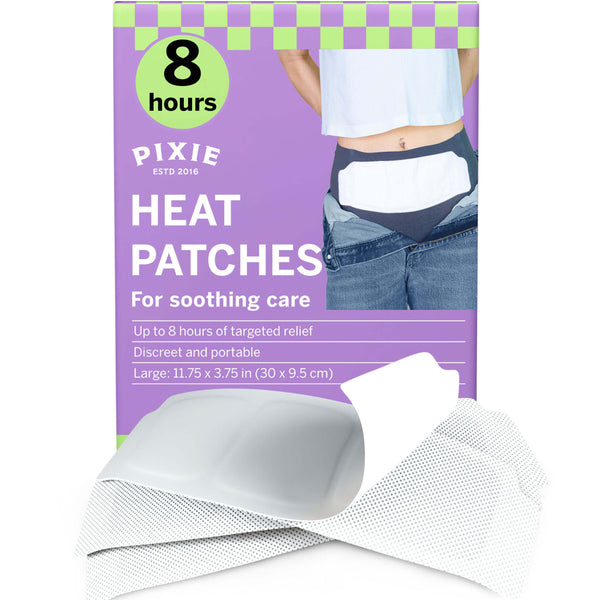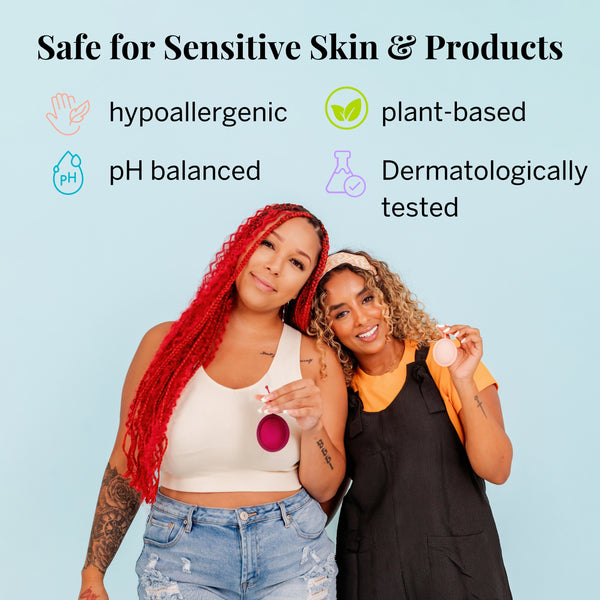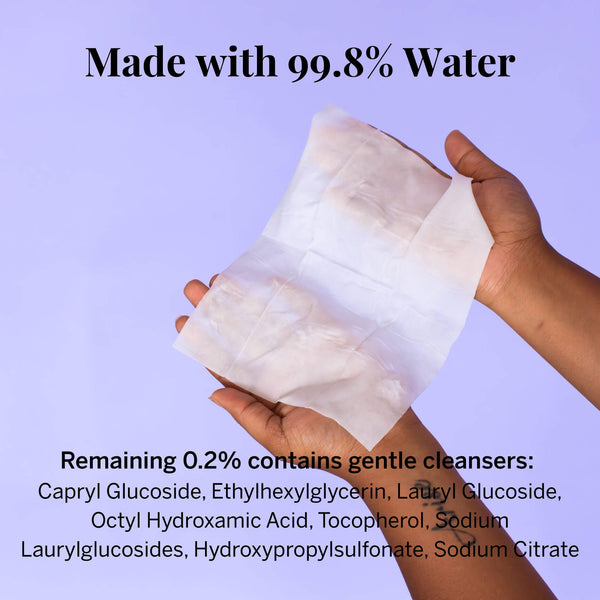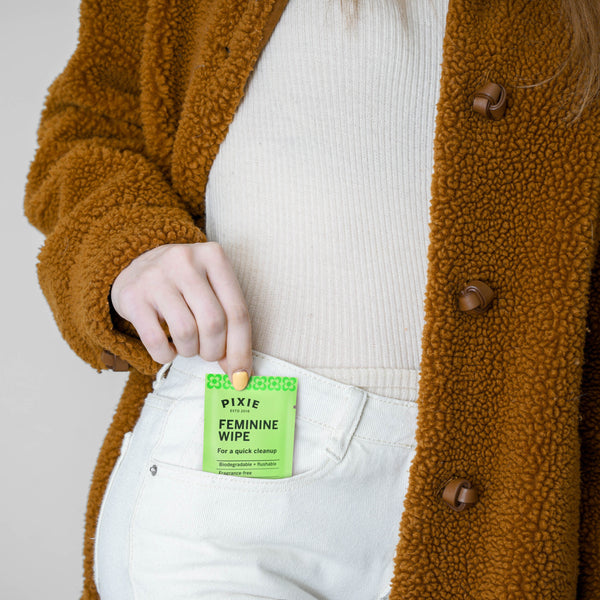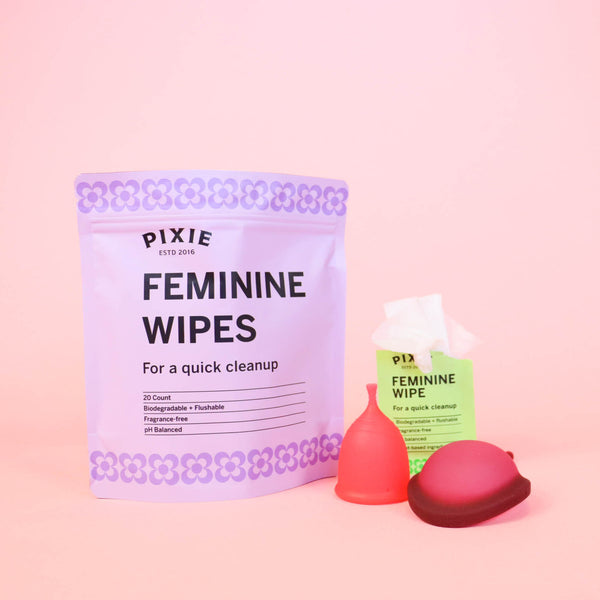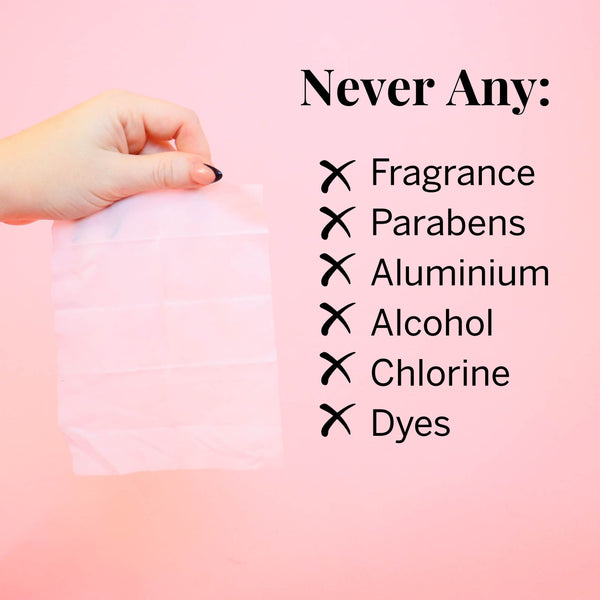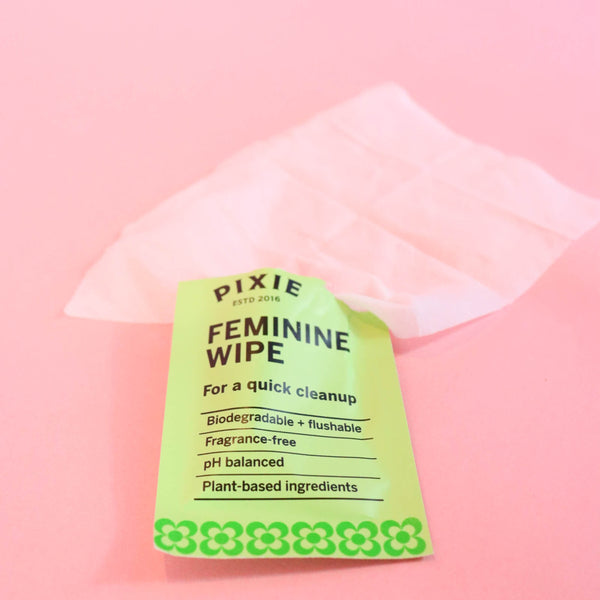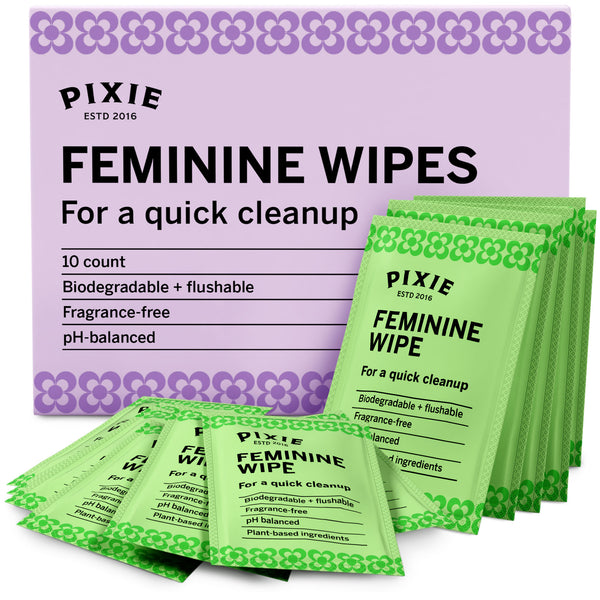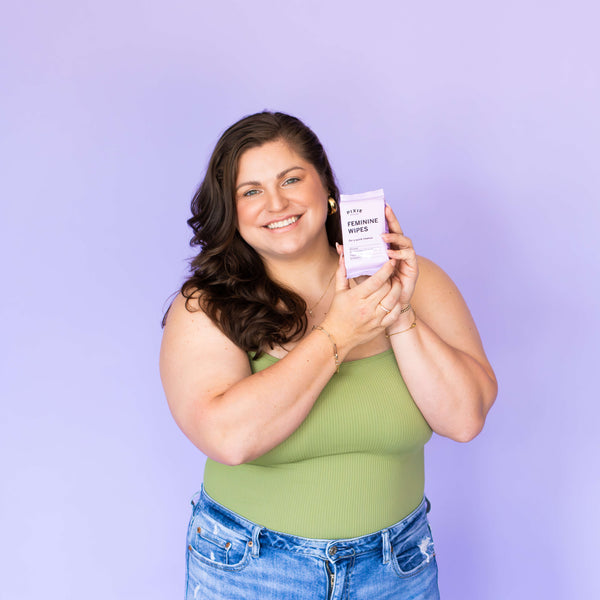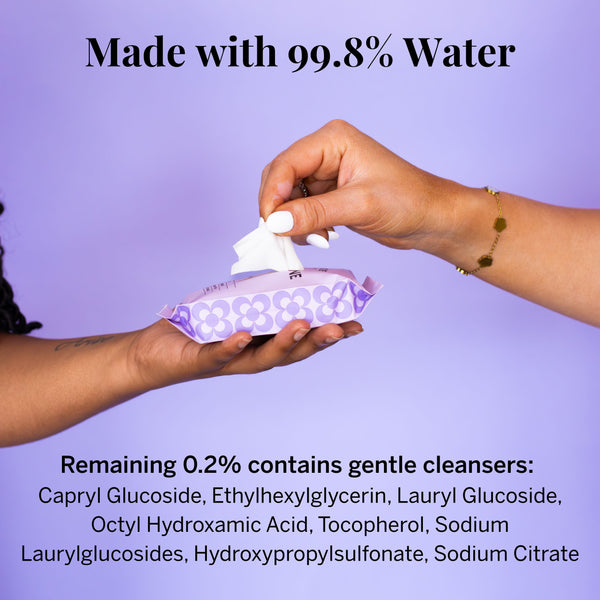Menstrual cups, Tampons and Vaginal Dryness
How are you *down there* after your period ends? Does your body snap back to normal quickly? Do you find that if you are an avid tampon user you tend to be dry? Some studies suggest that tampons can cause vaginal dryness.

How do tampons cause vaginal dryness?
Chronic vaginal dryness usually is a deeper issue. It can be related to hormones, hydration, and your general pH + flora being in (or out of) line. However, tampons can exacerbate the issue. Tampons, in general, are an extremely absorbent material made to do just that… absorb. In turn, it absorbs everything… and we mean everything. The good, the bad + the ugly!
Here are a few ways tampons can cause vaginal dryness:
- You use a tampon the day after your period… just in case! Your body is at a crucial point the few days after your period. It’s working hard to restore the pH to normal and put everything in balance. By inserting a tampon at this time, you’re basically only absorbing the good stuff. Reach for a panty liner or a reusable pad instead if you’re worried!
- You only use one level of absorbency through your entire menstruation. While it’s tempting to buy the value pack loaded with supers or super plus tampons, there are different absorbency levels for a reason. Once your menstruation lightens, there is less to soak up, so a super tampon is absorbing more than your menses and is going to capture the normal vaginal fluids. By soaking up the good bacteria as well, you’re leaving your vagina susceptible to an imbalance, which can lead to multiple types of infections.
- You use scented tampons. It’s mighty tempting to use a scented menstrual product to help mask the smell during that time of the month, we get it! Added scents, fragrances, and perfumes are harsh on the vagina and can throw off the pH.
Does a menstrual cup cause vaginal dryness?
The quick answer to this is a resounding no! Menstrual cups are made of medical-grade silicone and do not absorb any fluid at all. They are goblet-shaped and the concept is to be inserted in the vagina to collect (rather than absorb) period blood. Because they are made of materials like silicone and create airtight seals inside the vagina, menstrual cups don’t encourage bacterial growth, so concerns of Toxic Shock Syndrome (TSS) are diminished greatly. Especially when you’re sterilizing your cup or washing it with soap as you should.
Unlike tampons, menstrual cups can be worn worry-free for up to 12 hours! During the heavier days of your cycle, they will become fuller faster and may need to be emptied more often. Women are switching to menstrual cups for the freedom they offer, the protection they have + the comfort they give! But don’t take our word for it; here are stories from 17 women who made the switch.

How can tampons cause infection?
While we’ve mentioned Toxic Shock Syndrome (TSS), tampons can lead to other infections such as bacterial vaginosis or a yeast infection. Unfortunately, both are caused by either an overgrowth or undergrowth of bacteria already present in the vagina.
Here are some common ways a tampon can cause infection:
- You only wash your hands after insertion. Cleaning your hands after insertion only makes sense… you might get a little messy. However, being aware of what could potentially be on your hands before you insert is a big one too.
- You don’t change your tampon every time you relieve yourself. Your tampon absorbs urine very quickly after going to the bathroom. At this point your tampon isn’t effective and is just hanging onto urine in your vagina. During a bowel movement, the muscles cause your tampon to shift or even come out partially. If the tampon catches any fecal matter, you could be headed for an infection.
- You forget to take it out. The last day of our cycle can tend to be light. Life gets busy and you realize a couple of days later you still haven’t taken it out! Toxic Shock Syndrome (TSS) is a serious condition related to bacteria overgrowth when a substance is left in your body for too long.
- You don’t change it after swimming. Like with urinating, your tampon has now absorbed all that excess fluid. This time, it’s bleach water from swimming in a pool or salt water from the ocean.
How do I encourage vaginal health?
You’ve probably heard of pH levels in your body and having them run acidic or alkaline. Most everything in your body runs super-friendly while this is in balance. Your vagina is no exception!
Drink lots of water. Being hydrated keeps your vagina happy. You experience a dry mouth as an indicator of dehydration and a dry vagina can mean that too. It’s recommended that you drink eight 8-oz glasses of water a day — more if you’re an athlete!
Take a probiotic. Probiotics and gut health awareness have come a long way in recent years. There are many different types of probiotics and many levels of potencies. Grab one from your local health food store that is geared toward “women’s health.” It will contain the unique strains that live in the vagina!
Avoid refined sugars. Yeast feeds on sugar, and an easy way to keep a yeast infection at bay is by minimizing refined sugars in your diet.
Avoid synthetic or tight clothing. We all own leggings. It’s hard not to! And yoga pants are a must! If you use these items for working out, be sure to change out of them as soon as you possibly can to rid your lady region of sweat + moisture, which would encourage bacteria growth.
While we do not claim to be medical experts, we are here to help in any way we can! If you experience chronic vaginal dryness, it may be time to make an appointment with your gynecologist so they can run some tests and see what’s going on down there.
Have you thought about trying out a menstrual cup? We have a 100% Happiness Guarantee so if you don’t absolutely love your menstrual cup, we will refund you! What do you have to lose?

PLEASE NOTE: This blog post is not intended as a substitute for the medical advice of your doctor. You should regularly consult a physician in matters relating to your health and particularly with respect to anything related to menstruation. If you have any concerns about using a Pixie Cup, consult your doctor before use. If you have any gynecological conditions, please talk to your physician before using any menstrual cup.
Our Top Picks For You
-
Period Disc & Applicator Kit
![]()
- Regular price
- $48
- Sale Price
- Regular price
-
$55 - $48
- Unit price
- per
Sold out -
Reusable Organic Cotton Pads
![]()
- Regular price
- $28
- Sale Price
- Regular price
-
$34 - $28
- Unit price
- per
Sold out -
Disposable Organic Cotton Pads
![]()
- Regular price
- $7
- Sale Price
- Regular price
-
$9 - $7
- Unit price
- per
Sold out -
Combo Disc + Applicator Bundle
![]()
- Regular price
- $42
- Sale Price
- Regular price
-
$49 - $42
- Unit price
- per
Sold out


